Here are my favorite poems about contentment categorized:
- Short poems about contentment and happiness
- Poems about contentment and happiness
- Poems about being content and happy
So if you want the best poems about contentment, then you’re in the right place.
Let’s get right into it!
- 67 Stirring Poems About Hard Workers
- 71 Devoted Poems About Loyalty
- 105 Enduring Poems About Patience
- 143 Encouraging Poems About Waiting
- 27 Uplifting Poems About Perseverance
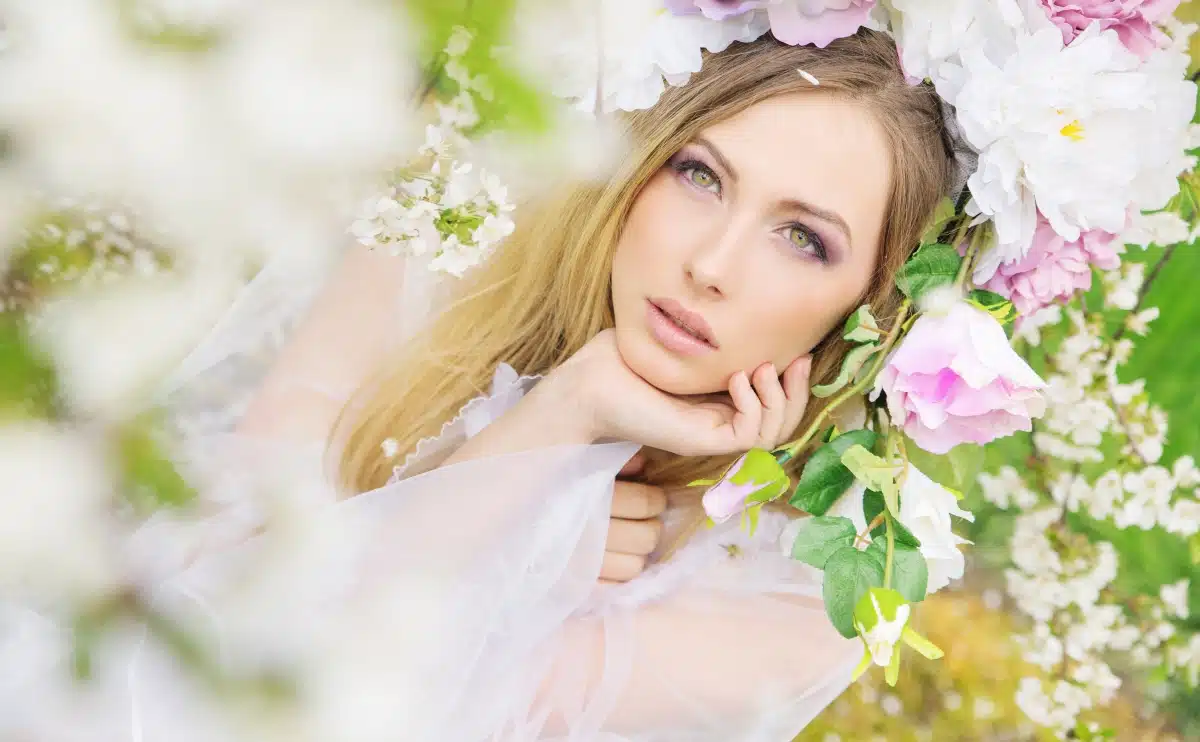
Joyful Poems About Contentment
Immerse yourself in a collection of the most serene poems about contentment, thoughtfully organized for your literary exploration.
Whether you’re in search of works that delve into the quiet satisfaction found in life’s simple pleasures, or reflect on the tranquil balance that comes with inner peace, our anthology offers a diverse range of soothing examples.
With our carefully curated selection, the best poems about contentment are all conveniently located in one place.
So, take a moment to explore and appreciate the calm and fulfillment these verses have inspired in poets across generations!
Let’s get started!
My #1 Favorite Poem About Contentment
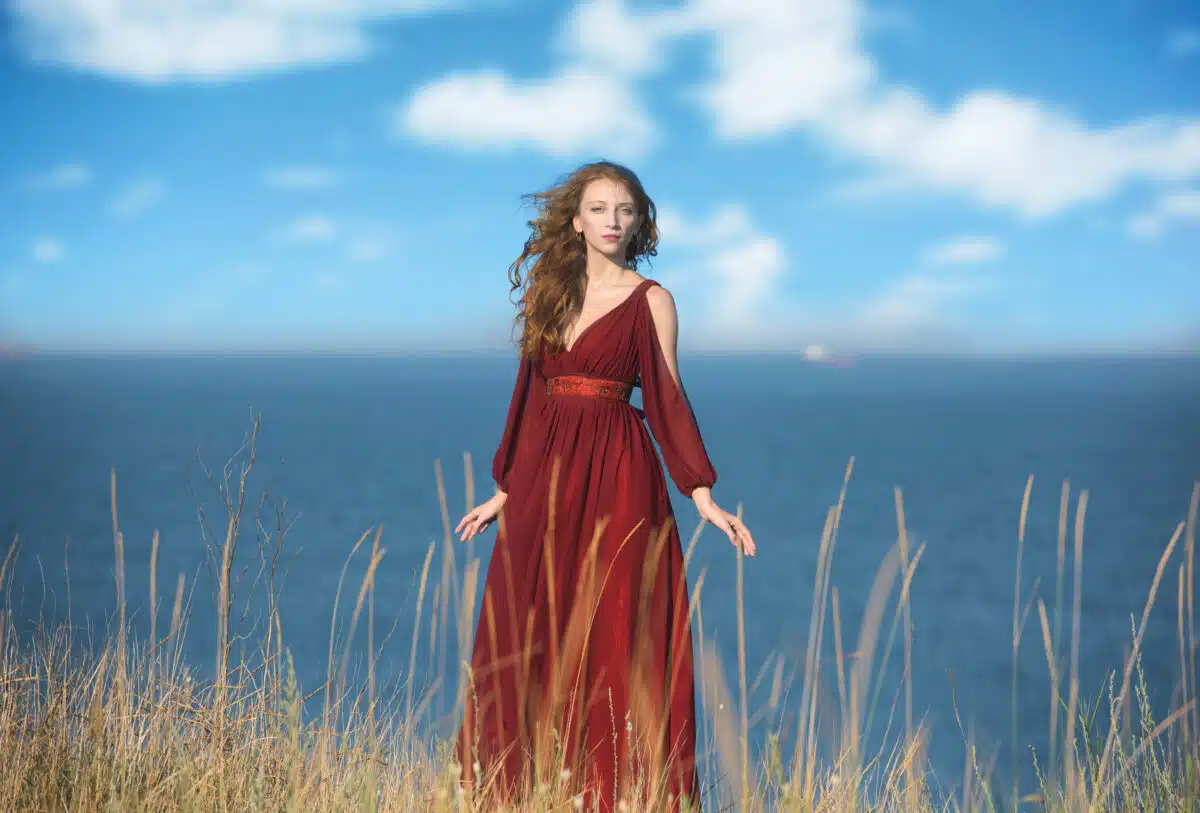
“Of a Contented Spirit” by Thomas, Lord Vaux
When all is done and said, in the end this shall you find:
He most of all doth bathe in bliss that hath a quiet mind;
And, clear from worldly cares, to dream can be content
The sweetest time in all this life in thinking to be spent.
The body subject is to fickle Fortune’s power,
And to a million of mishaps is casual every hour;
And death in time doth change it to a clod of clay;
Whenas the mind, which is divine, runs never to decay.
Companion none is like unto the mind alone,
For many have been harmed by speech,—through thinking, few or none;
Fear oftentimes restraineth words, but makes not thought to cease;
And he speaks best that hath the skill when for to hold his peace.
Our wealth leaves us at death, our kinsmen at the grave;
But virtues of the mind unto the heavens with us we have:
Wherefor, for Virtue’s sake, I can be well content
The sweetest time of all my life to deem in thinking spent.
Short Poems about Contentment and Happiness
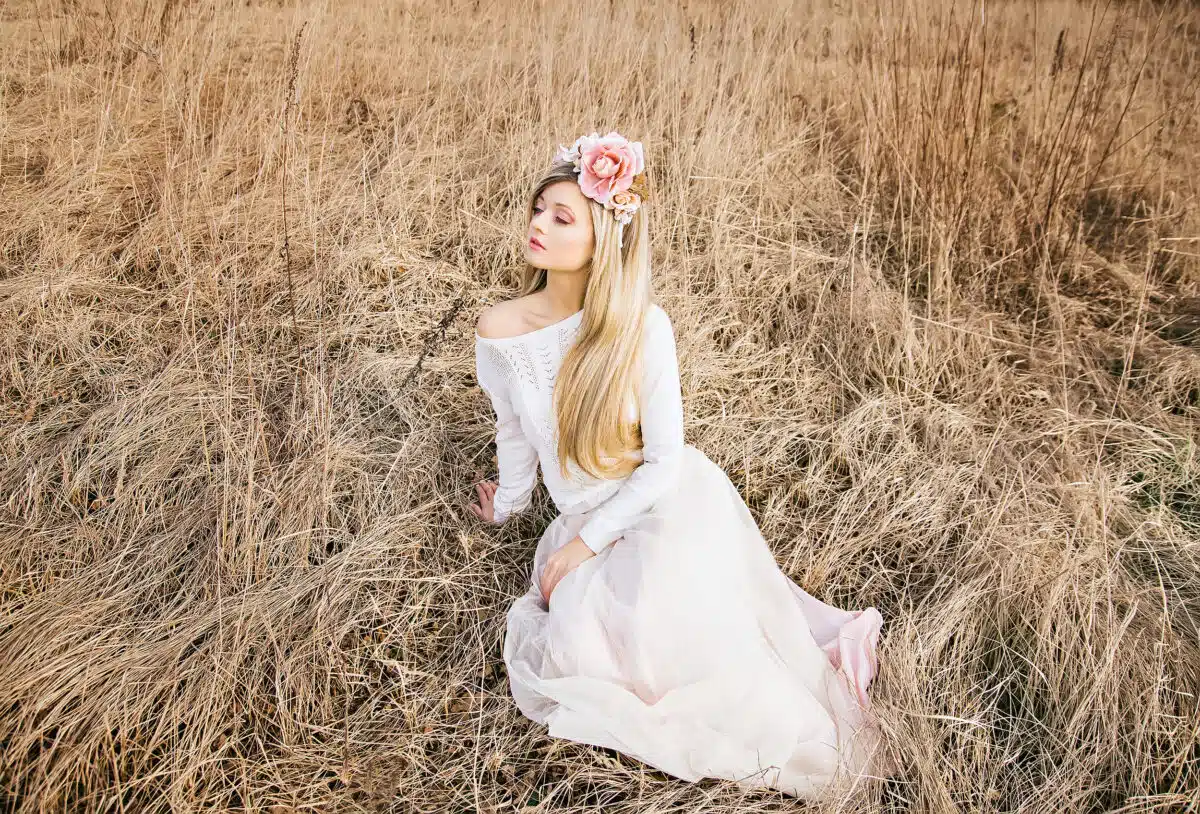
“Contentment” by George Parsons Lathrop
Glad hours have been when I have seen
Life’s scope and each dry day’s intent
United; so that I could stand
In silence, covering with my hand
The circle of the universe,
Balance the blessing and the curse,
And trust in deeds without chagrin,
Free from to-morrow and yesterday – content.
“The way to make thy son rich” by George Herbert
The way to make thy son rich is to fill
His mind with rest before his trunk with riches:
For wealth without contentment climbs a hill
To feel those tempests which fly over ditches.
“Contentment” by Katharine Forrest Hamill
To have you with me day by day
Watch you flitting to and fro,
In and out this room and that,
Up and down the stairs and lo!
With each turn mark you at
Some task benign—love bids you know.
To have you with me day by day,
A tender, trusting, gracious self
Let the world treasure as it may,
To me, far dearer than its wealth
Your comradeship. Nor pleads the hour
In all God’s calendar so true,
With blessing richer for its dow’r
Than the rare one which gave me,—you.
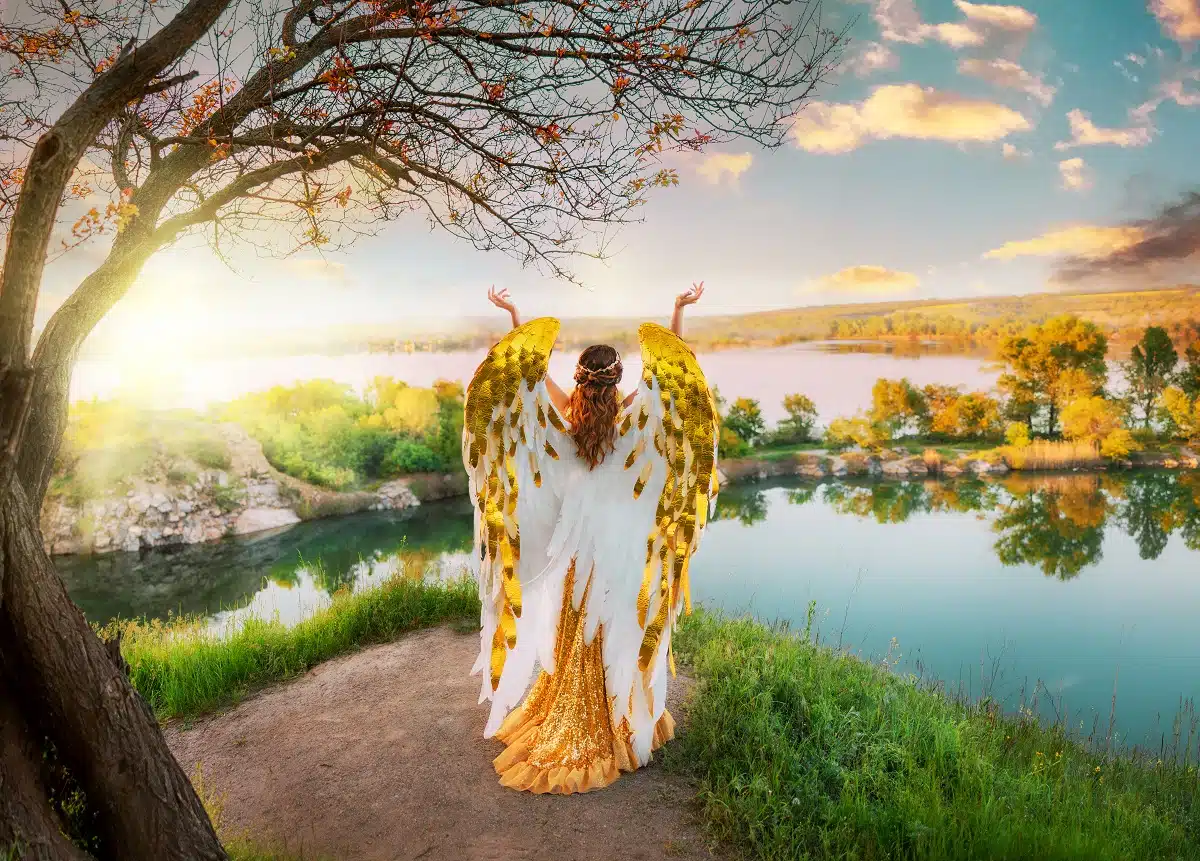
“Absolute Contentment Not Known To Christians” by J. Priest
Contentment is but relative at best;
Nothing but heaven can give a certain rest;
And he who has God’s promises in view,
Will never in contentment earth pursue.
He’ll be content with all God sends him here,
But always looks above with hope and fear;
He’ll take God’s blessings with a grateful mind,
But bliss in heaven alone he looks to find.
Earth was not meant mankind to satisfy,
Who dying here, above will never die.
“Pardon” by Robert Herrick
Those ends in war the best contentment bring,
Whose peace is made up with a pardoning.
“Welcome What Comes.” by Robert Herrick
Whatever comes, let’s be content withal:
Among God’s blessings there is no one small.
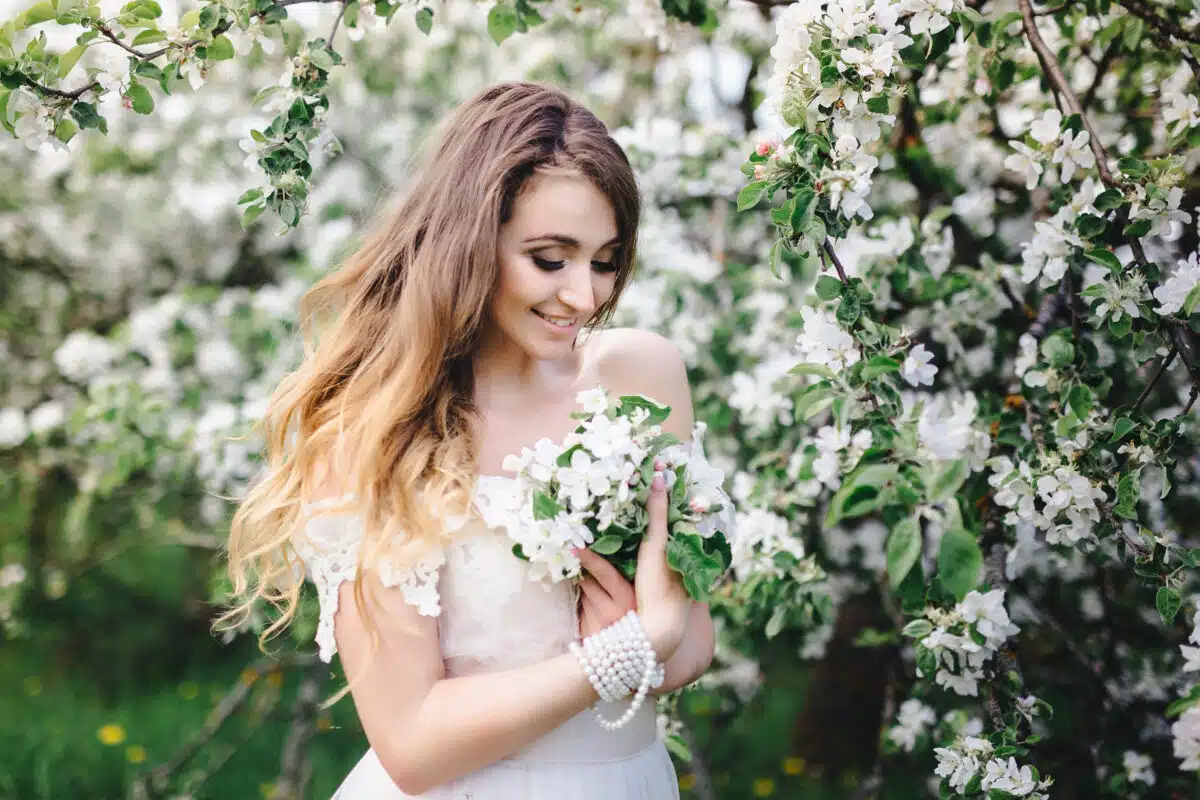
“Happiness” by Madison Julius Cawein
Around its mountain many footpaths wind,
But only one unto its top attains;
Not he who searches closest, takes most pains,
But he who seeks not, that one way may find.
“Happiness And Vision” by Johann Wolfgang von Goethe
Together at the altar we
In vision oft were seen by thee,
Thyself as bride, as bridegroom I.
Oft from thy mouth full many a kiss
In an unguarded hour of bliss
I then would steal, while none were by.
The purest rapture we then knew,
The joy those happy hours gave too,
When tasted, fled, as time fleets on.
What now avails my joy to me?
Like dreams the warmest kisses flee,
Like kisses, soon all joys are gone.
“Happiness” by Robert Herrick
That happiness does still the longest thrive,
Where joys and griefs have turns alternative.
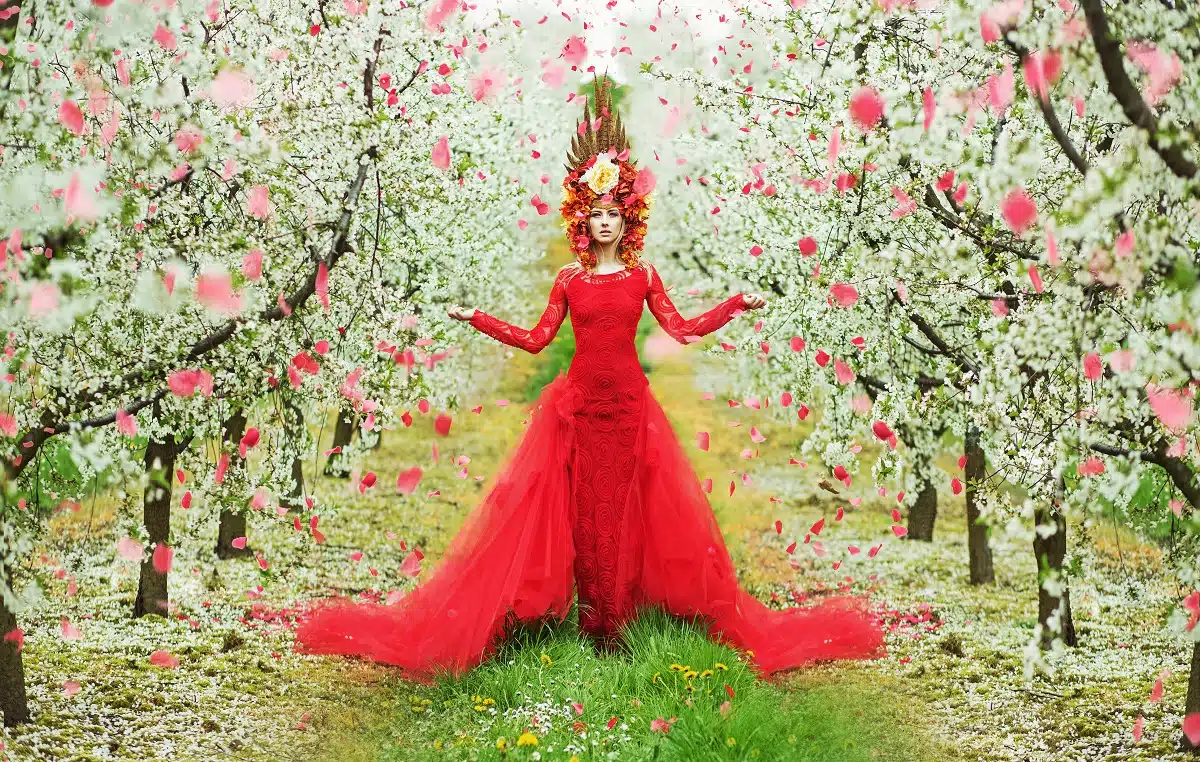
“The Rainbow” by Thomas Campbell
Triumphal arch, that fills the sky
When storms prepare to part,
I ask not proud Philosophy
To teach me what thou art.
Still seem, as to my childhood’s sight,
A midway station given,
For happy spirits to alight,
Betwixt the earth and heaven
“A Happy Life” by Sir Henry Wotton
How happy is he born and taught
That serveth not another’s will;
Whose armour is his honest thought,
And simple truth his utmost skill!
Whose passions not his master’s are,
Whose soul is still prepared for death,
Not tied unto the world with care
Of public fame, or private breath.
“A-Maying” by Katharine Forrest Hamill
We will go a-Maying dear,
Just you and I together,
Oh, the glory of God’s blossoming
Sunshiny weather!
Ev’ry ill we will forget,
Nor remember a regret,
For ’twill never do to fret
Whilst we are a-straying.
Only laughter ringing clear,
Waking echo far and near;
You and I so happy dear;
A-Maying! A-Maying!
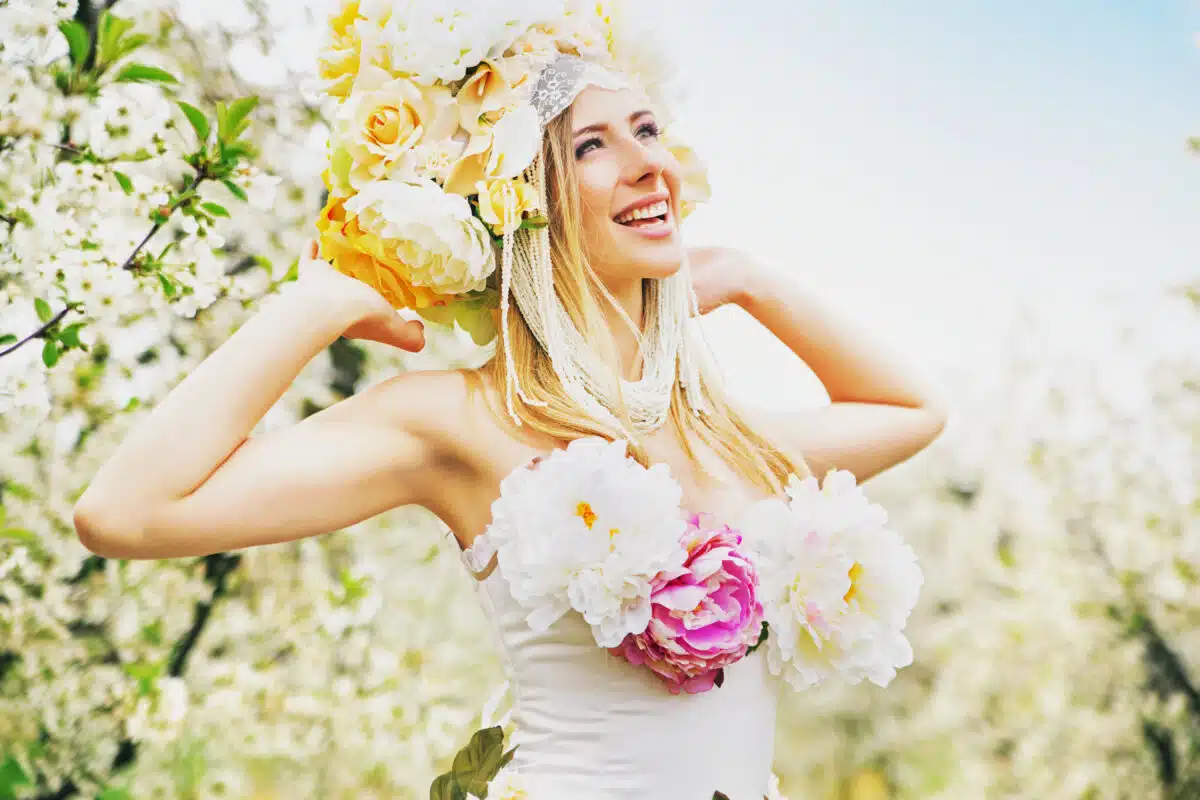
“Sonnet. To Happiness.” by William Anderson
Oh! I do hail thee, Happiness, when thou
Dost shine athwart my path with light and love,
Dispensing joy, like Heaven’s aërial bow,
When gathering clouds lour darkly from above.
Oh! I do hail thee, Happiness—the aim
And promise of my being live in thee;
I pine for thee as poets pine for fame,
Or slaves and captives for their liberty;
But fleeting art thou in this vale of strife,
A meteor gleaming o’er a desert heath—
So seldom comes thy smile to cheer our life,
We learn to hope ’twill visit us in death;
In what bright bower, supremest blessing, may
A mortal find thy never-dying ray?
“Hours Of Evening” by Émile Verhaeren (Frank Stuart Flint, Translator)
XVI
How happy we are still and proud of living when the least ray of sunshine glimpsed in the heavens lights up for a moment the poor flowers of rime that the hard and delicate frost engraved on our window-panes.
Rapture leaps in us and hope carries us away, and our old garden appears to us again, in spite of its long paths strewn with dead branches, living and pure and bright and full of golden gleams.
Something shining and undaunted, I know not what, creeps into our blood; and in the quick kisses that, ardently, frantically, we give each other, we re-embody the immensity and fulness of summer.
“The Shining Hours” by Émile Verhaeren (Frank Stuart Flint, Translator)
XXII
Oh! this happiness, sometimes so rare and frail that it frightens us!
In vain we hush our voices, and make of all your hair a tent to shelter us; often the anguish in our hearts flows over.
But our love, being like a kneeling angel, begs and supplicates that the future give to others than ourselves a like affection and life, so that their fate may not be envious of ours.
And, too, on evil days, when the great evenings extend to heaven the bounds of despair, we ask forgiveness of the night that kindles with the gentleness of our heart.
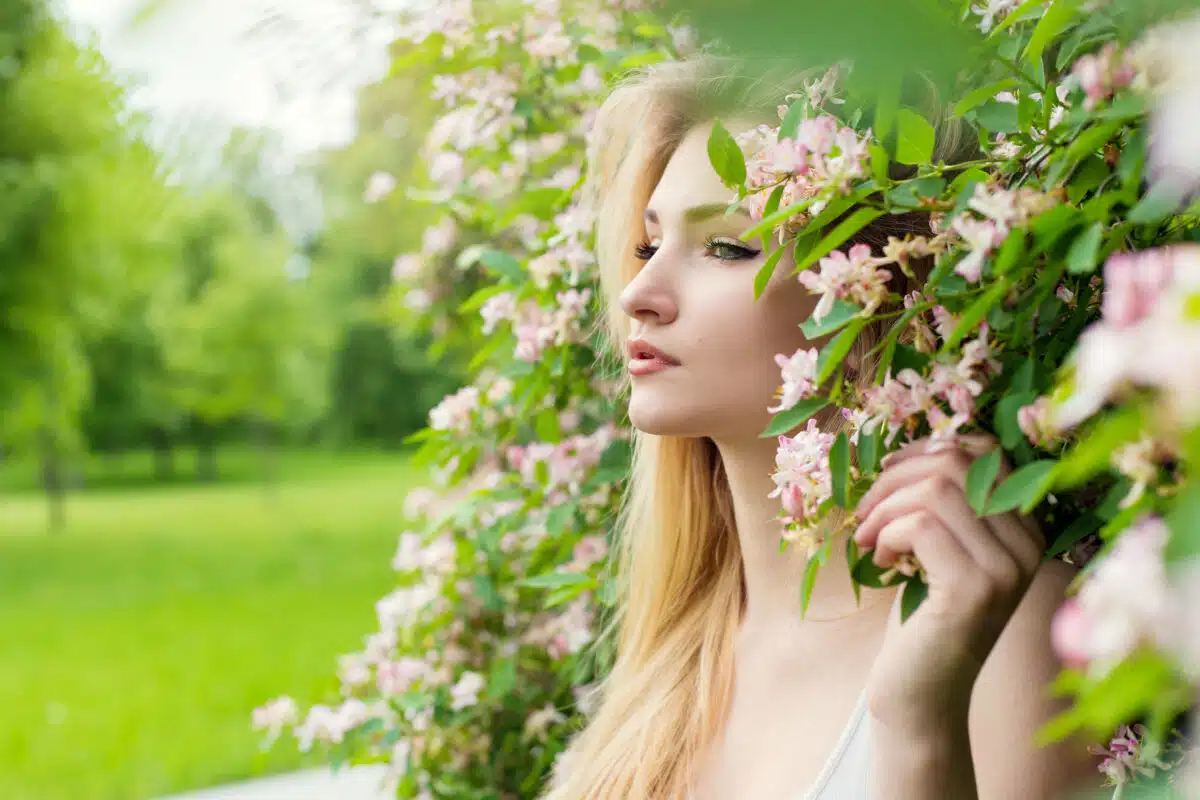
“The Task of Happiness” by Robert Louis Stevenson
If I have faltered more or less
In my great task of happiness;
If I have moved among my race
And shown no glorious morning face;
If beams from happy human eyes
Have moved me not; if morning skies,
Books, and my food, and summer rain
Knocked on my sullen heart in vain:—
Lord, Thy most pointed pleasure take
And stab my spirit broad awake;
Or, Lord, if too obdurate I,
Choose Thou, before that spirit die,
A piercing pain, a killing sin,
And to my dead heart run them in!
“If you and I—just you and I—” by Unknown
“If you and I—just you and I—
Should laugh instead of worry;
If we should grow—just you and I—
Kinder and sweeter hearted,
Perhaps in some near by and by
A good time might get started;
Then what a happy world ‘twould be
For you and me—for you and me!”
“Happiness” by Carl Sandburg
I asked the professors who teach the meaning of life to tell me what is happiness.
And I went to famous executives who boss the work of thousands of men.
They all shook their heads and gave me a smile as though I was trying to fool with them
And then one Sunday afternoon I wandered out along the Desplaines river
And I saw a crowd of Hungarians under the trees with their women and children and a keg of beer and an accordion.
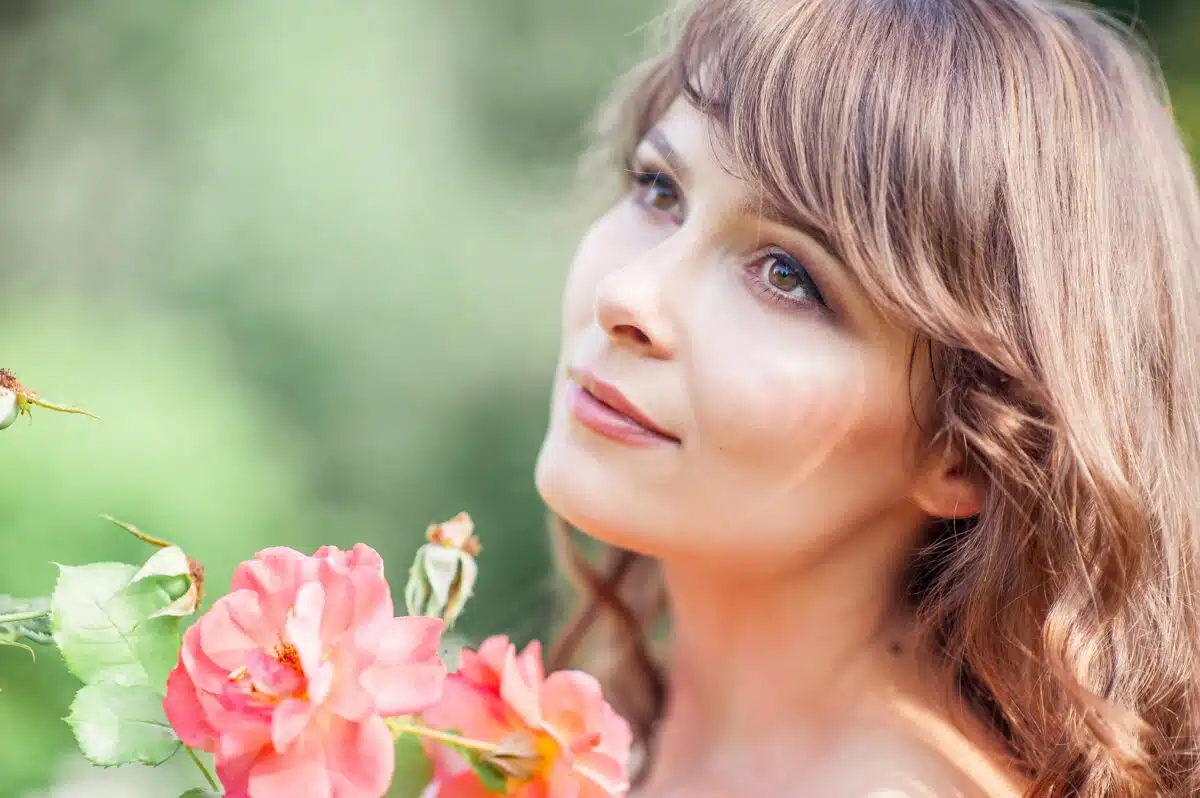
“The Happiest Heart” by John Vance Cheney
Who drives the horses of the sun
Shall lord it but a day;
Better the lowly deed were done,
And kept the humble way.
The rust will find the sword of fame,
The dust will hide the crown;
Ay, none shall nail so high his name
Time will not tear it down.
The happiest heart that ever beat
Was in some quiet breast
That found the common daylight sweet,
And left to Heaven the rest.
“The Meeting” by Sara Teasdale
I’m happy, I’m happy,
I saw my love to-day.
He came along the crowded street,
By all the ladies gay,
And oh, he smiled and spoke to me
Before he went his way.
My throat was tight with happiness,
I couldn’t say a word,
My heart was beating fast, so fast
I’m sure he must have heard;
And when he passed, I trembled like
A little frightened bird.
I wish I were the flower-girl
Who waits beside the way,
I’d give my flowers all to him
And see him every day;
I wish I were the flower-girl
Who waits beside the way.
“To Joy” by Sara Teasdale
Lo, I am happy, for my eyes have seen
Joy glowing here before me, face to face;
His wings were arched above me for a space,
I kissed his lips, no bitter came between.
The air is vibrant where his feet have been,
And full of song and color is his place.
His wondrous presence sheds about a grace
That lifts and hallows all that once was mean.
I may not sorrow for I saw the light,
Tho’ I shall walk in valley ways for long,
I still shall hear the echo of the song,
My life is measured by its one great height.
Joy holds more grace than pain can ever give,
And by my glimpse of joy my soul shall live.
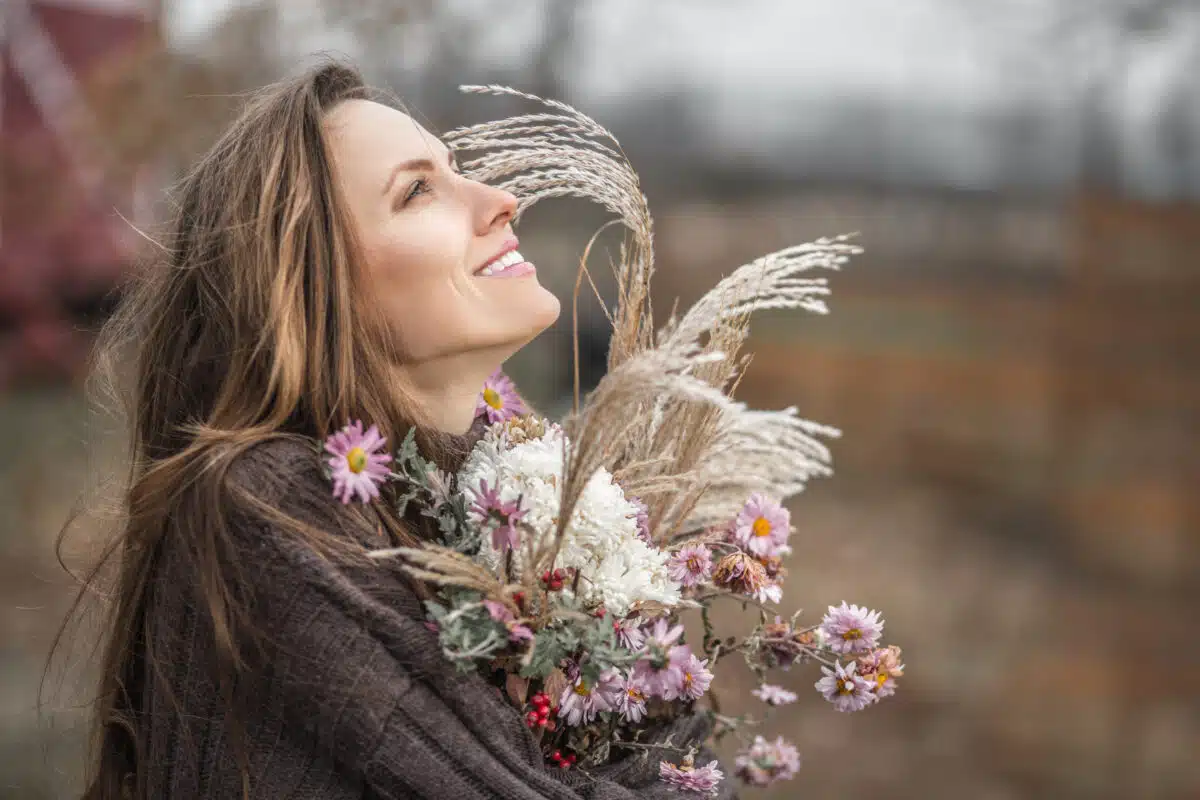
“Simplicity” by Emily Elizabeth Dickinson
How happy is the little stone
That rambles in the road alone,
And does n’t care about careers,
And exigencies never fears;
Whose coat of elemental brown
A passing universe put on;
And independent as the sun,
Associates or glows alone,
Fulfilling absolute decree
In casual simplicity.
“Sonnet XVII: Happy Is England” by John Keats
Happy is England! I could be content
To see no other verdure than its own;
To feel no other breezes than are blown
Through its tall woods with high romances blent:
Yet do I sometimes feel a languishment
For skies Italian, and an inward groan
To sit upon an Alp as on a throne,
And half forget what world or worldling meant.
Happy is England, sweet her artless daughters;
Enough their simple loveliness for me,
Enough their whitest arms in silence clinging:
Yet do I often warmly burn to see
Beauties of deeper glance, and hear their singing,
And float with them about the summer waters.
“Joy In The Morning” by Joseph Horatio Chant
The night of affliction, with its long hours of sadness,
Will soon pass away to be remembered no more;
And the weeping will end in a morning of gladness;
For no sorrow is known on the evergreen shore.
In this world we shall have tribulation and sorrow;
‘Tis enough for the subject to be as his king;
But if we are faithful, joy will come with the morrow,
And with the blood-washed a new song shall we sing.

“Joy” by Sara Teasdale
I am wild, I will sing to the trees,
I will sing to the stars in the sky,
I love, I am loved, he is mine,
Now at last I can die!
I am sandaled with wind and with flame,
I have heart-fire and singing to give,
I can tread on the grass or the stars,
Now at last I can live!
“Oh, Timballoo! How Happy We Are” by Louisa May Alcott
“Oh, Timballoo! how happy we are,
We live in a sieve and a crockery jar!
And all night long, in the starlight pale,
We sail away, with a pea-green sail,
And whistle and warble a moony song
To the echoing sound of a coppery gong.
Far and few, far and few
Are the lands where the Jumblies live;
Their heads are green, and their hands are blue,
And they went to sea in a sieve.”
Poems About Contentment and Happiness
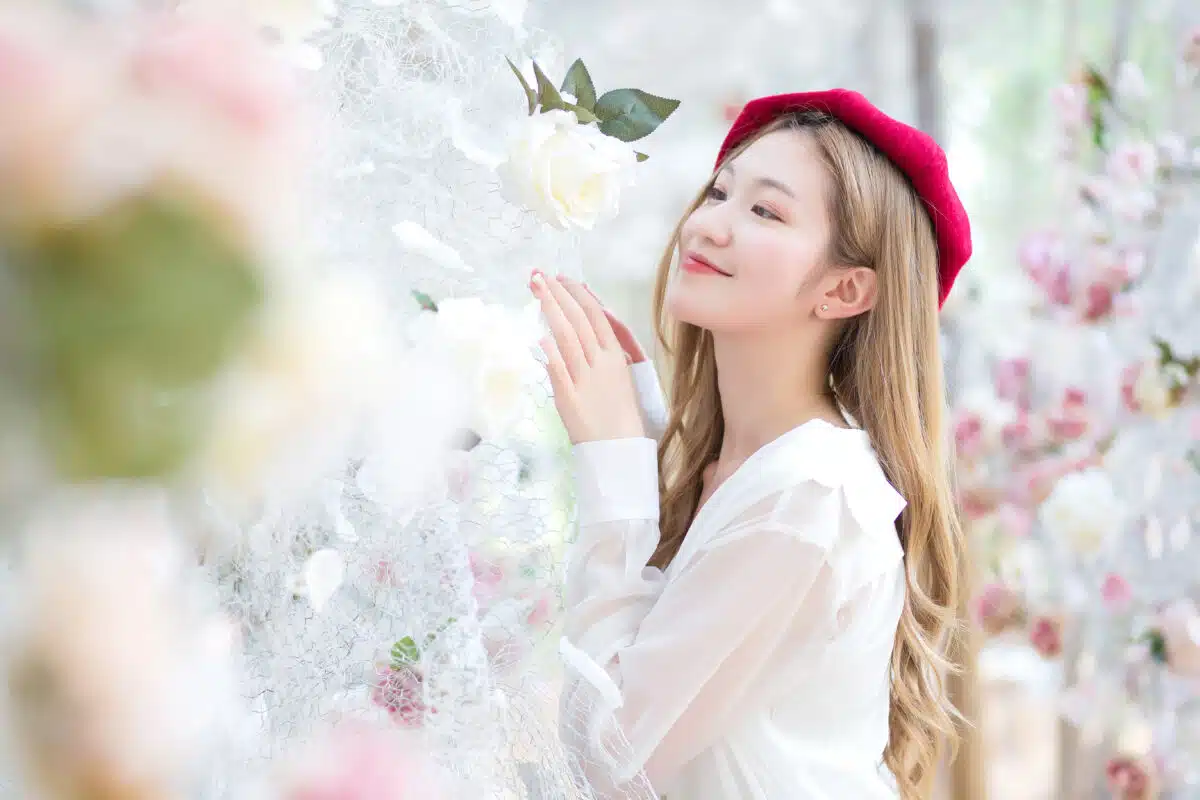
“Content And Happiness” by Ella Wheeler Wilcox
How is it that men pray their earthly lot
May be ‘content and happiness’? Dire foes
Without one common trait which kinship shows
I hold these two. Contentment comes when sought,
While Happiness pursued was never caught.
But, sudden, storms the heart with mighty throes
Whenceforth, mild eyed Content affrighted goes,
To seek some calmer heart, less danger fraught.
Bold Happiness knows but one rival -Fear;
Who follows ever on his footsteps, sent
By jealous Fate who calls great joy a crime.
While in far ways ‘mong leaves just turning sere,
With gaze serene and placid, walks Content.
No heart ere held these two guests at one time.
“Contentment” by Eugene Field
Happy the man that, when his day is done,
Lies down to sleep with nothing of regret–
The battle he has fought may not be won–
The fame he sought be just as fleeting yet;
Folding at last his hands upon his breast,
Happy is he, if hoary and forespent,
He sinks into the last, eternal rest,
Breathing these only works: “I am content.”
But happier he, that, while his blood is warm,
See hopes and friendships dead about him lie–
Bares his brave breast to envy’s bitter storm,
Nor shuns the poison barbs of calumny;
And ‘mid it all, stands sturdy and elate,
Girt only in the armor God hath meant
For him who ‘neath the buffetings of fate
Can say to God and man: “I am content.”
“Contentment” by Charles Stuart Calverley
After The Manner Of Horace.
Friend, there be they on whom mishap
Or never or so rarely comes,
That, when they think thereof, they snap
Derisive thumbs:
And there be they who lightly lose
Their all, yet feel no aching void;
Should aught annoy them, they refuse
To be annoy’d:
And fain would I be e’en as these!
Life is with such all beer and skittles;
They are not difficult to please
About their victuals:
The trout, the grouse, the early pea,
By such, if there, are freely taken;
If not, they munch with equal glee
Their bit of bacon:
And when they wax a little gay
And chaff the public after luncheon,
If they’re confronted with a stray
Policeman’s truncheon,
They gaze thereat with outstretch’d necks,
And laughter which no threats can smother,
And tell the horror-stricken X
That he’s another.
In snowtime if they cross a spot
Where unsuspected boys have slid,
They fall not down – though they would not
Mind if they did:
When the spring rosebud which they wear
Breaks short and tumbles from its stem,
No thought of being angry e’er
Dawns upon them;
Though ’twas Jemima’s hand that placed,
(As well you ween) at evening’s hour,
In the loved button-hole that chaste
And cherish’d flower.
And when they travel, if they find
That they have left their pocket-compass
Or Murray or thick boots behind,
They raise no rumpus,
But plod serenely on without:
Knowing it’s better to endure
The evil which beyond all doubt
You cannot cure.
When for that early train they’re late,
They do not make their woes the text
Of sermons in the Times, but wait
On for the next;
And jump inside, and only grin
Should it appear that that dry wag,
The guard, omitted to put in
Their carpet-bag.
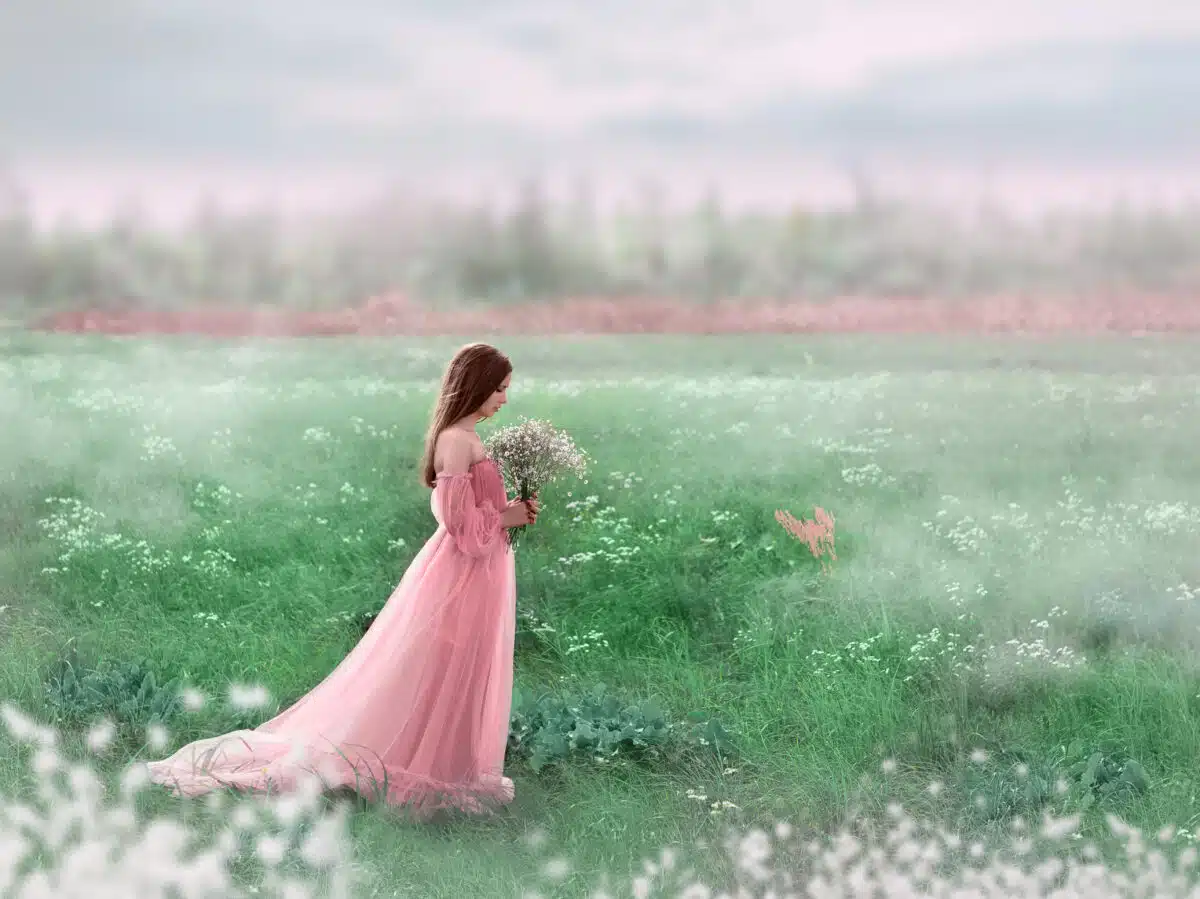
From “Happiness” by Ella Wheeler Wilcox
There are so many little things that make life beautiful.
I can recall a day in early youth when I was longing for happiness.
Toward the western hills I gazed, watching for its approach.
The hills lay between me and the setting sun, and over them led a highway.
When some traveller crossed the hill, always a fine grey dust rose cloudless against the sky.
The traveller I could not distinguish, but the dust-cloud I could see.
And the dust-cloud seemed formed of hopes and possibilities -each speck an embryo event.
At sunset, when the skies were fair, the dust-cloud grew radiant and shone with visions.
The happiness for which I waited came not to me adown that western slope,
But now I can recall the cloud of golden dust, the sunset, and the highway leading over the hill,
The wonderful hope and expectancy of my heart, the visions of youth in my eyes; and I know this was happiness.
“Happiness” by John Frederick Freeman
I have found happiness who looked not for it.
There was a green fresh hedge,
And willows by the river side,
And whistling sedge.
The heaviness I felt was all around.
No joy sang in the wind.
Only dull slow life everywhere,
And in my mind.
Then from the sedge a bird cried; and all changed.
Heaviness turned to mirth:
The willows the stream’s cheek caressed,
The sun the earth.
What was it in the bird’s song worked such change?
The grass was wonderful.
I did not dream such beauty was
In things so dull.
What was it in the bird’s song gave the water
That living, sentient look?
Lent the rare brightness to the hedge?
That sweetness shook
Down on the green path by the running water?
Or the small daisies lit
With light of the white northern stars
In dark skies set?
What was it made the whole world marvellous?
Mere common things were joys.
The cloud running upon the grass,
Children’s faint noise,
The trees that grow straight up and stretch wide arms,
The snow heaped in the skies,
The light falling so simply on all;
My lifted eyes
That all this startling aching beauty saw?
I felt the sharp excess
Of joy like the strong sun at noon–
Insupportable bliss!
“Contentment” by Eugene Field
Once on a time an old red hen
Went strutting ’round with pompous clucks,
For she had little babies ten,
A part of which were tiny ducks.
“‘T is very rare that hens,” said she,
“Have baby ducks as well as chicks—
But I possess, as you can see,
Of chickens four and ducklings six!”
A season later, this old hen
Appeared, still cackling of her luck,
For, though she boasted babies ten,
Not one among them was a duck!
“‘T is well,” she murmured, brooding o’er
The little chicks of fleecy down—
“My babies now will stay ashore,
And, consequently, cannot drown!”
The following spring the old red hen
Clucked just as proudly as of yore—
But lo! her babes were ducklings ten,
Instead of chickens, as before!
“‘T is better,” said the old red hen,
As she surveyed her waddling brood;
“A little water now and then
Will surely do my darlings good!”
But oh! alas, how very sad!
When gentle spring rolled round again
The eggs eventuated bad,
And childless was the old red hen!
Yet patiently she bore her woe,
And still she wore a cheerful air,
And said: “‘T is best these things are so,
For babies are a dreadful care!”
I half suspect that many men,
And many, many women, too,
Could learn a lesson from the hen
With foliage of vermilion hue;
She ne’er presumed to take offence
At any fate that might befall,
But meekly bowed to Providence—
She was contented—that was all!
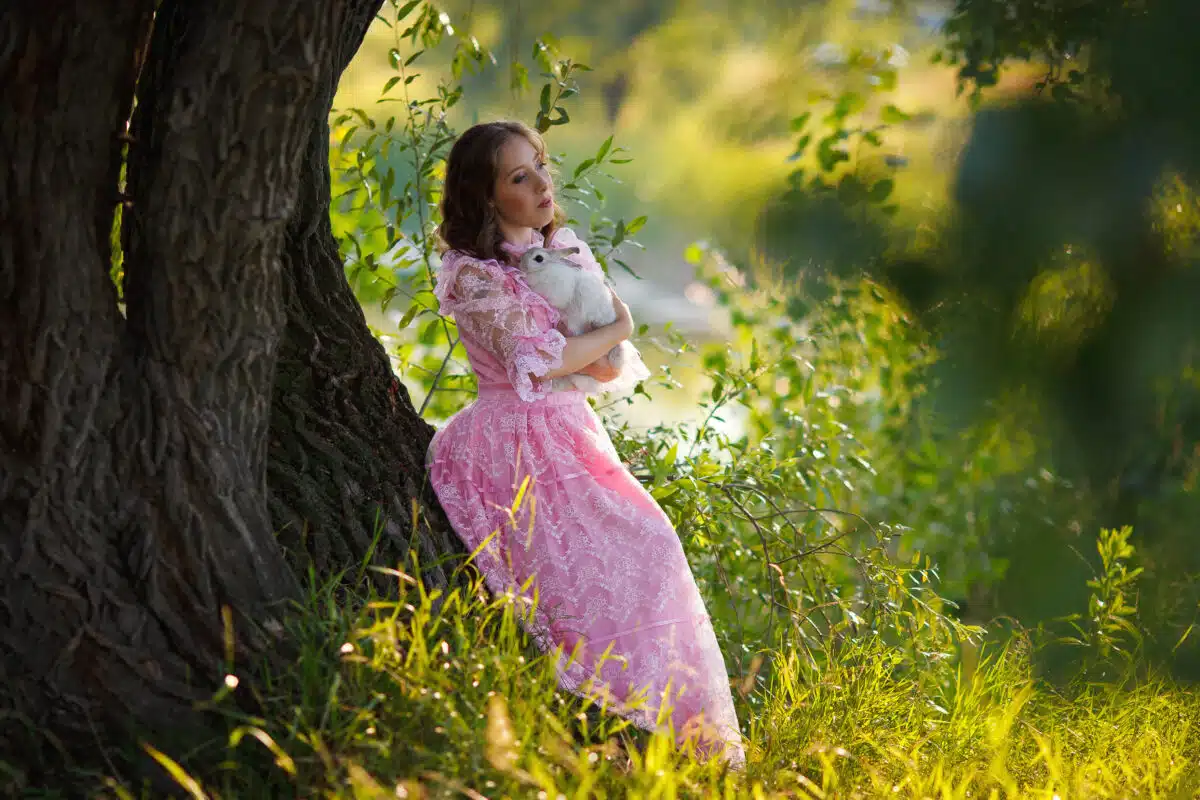
“Happiness” by Madison Julius Cawein
There is a voice that calls to me; a voice that cries deep down;
That calls within my heart of hearts when Summer doffs her crown:
When Summer doffs her crown, my dear, and by the hills and streams
The spirit of September walks through gold and purple gleams:
It calls my heart beyond the mart, beyond the street and town,
To take again, in sun or rain, the oldtime trail of dreams.
Oh, it is long ago, my dear, a weary time since we
Trod back the way we used to know by wildwood rock and tree:
By mossy rock and tree, dear Heart, and sat below the hill,
And watched the wheel, the old mill-wheel, turn round on Babbit’s mill:
Or in the brook, with line and hook, to dronings of the bee,
Waded or swam, above the dam, and drank of joy our fill
The ironweed is purple now; the blackeyed-Susans nod;
And by its banks, weighed down with wet, blooms bright the goldenrod:
Blooms bright the goldenrod, my dear, and in the mist of morn
The gray hawk soars and screams and soars above the dripping corn:
And by the pool, cerulean cool, the milkweed bursts its pod,
As through the air the wild fanfare rings of the hunter’s horn.
The hunter’s horn we heard, my dear, that echoed ‘mid the rocks,
And cheered the hounds whose belling bay trailed far behind the fox:
Trailed far behind the fox, dear Heart, whose den we oft had seen,
A cave-like place within the woods wild-hid in trailing green:
Old Owlet’s Roost, wherein we used to search, with tangled locks,
For buried gold, where, we were told, the bandit’s lair had been.
O gladness of the long-gone years! O boyhood’s days and dreams!
Again my soul would trace with you the oldtime Woods and streams:
The oldtime woods and streams, dear Heart, and seek again, I guess,
The buried gold, we sought of old, and find it none the less
Still in the ground, fast sealed and bound, among the glooms and gleams,
As long ago we left it so, the gold of Happiness.
“Contentment” by Oliver Wendell Holmes
“Man wants but little here below”
Little I ask; my wants are few;
I only wish a hut of stone,
(A very plain brown stone will do,)
That I may call my own;—
And close at hand is such a one,
In yonder street that fronts the sun.
Plain food is quite enough for me;
Three courses are as good as ten;—
If Nature can subsist on three,
Thank Heaven for three. Amen!
I always thought cold victual nice;—
My choice would be vanilla-ice.
I care not much for gold or land;—
Give me a mortgage here and there,—
Some good bank-stock, some note of hand,
Or trifling railroad share,—
I only ask that Fortune send
A little more than I shall spend.
Honors are silly toys, I know,
And titles are but empty names;
I would, perhaps, be Plenipo,—
But only near St. James;
I’m very sure I should not care
To fill our Gubernator’s chair.
Jewels are baubles; ’t is a sin
To care for such unfruitful things;—
One good-sized diamond in a pin,—
Some, not so large, in rings,—
A ruby, and a pearl, or so,
Will do for me;—I laugh at show.
My dame should dress in cheap attire;
(Good, heavy silks are never dear;)—
I own perhaps I might desire
Some shawls of true Cashmere,—
Some marrowy crapes of China silk,
Like wrinkled skins on scalded milk.
I would not have the horse I drive
So fast that folks must stop and stare;
An easy gait—two forty-five—
Suits me; I do not care;—
Perhaps, for just a single spurt,
Some seconds less would do no hurt.
Of pictures, I should like to own
Titians and Raphaels three or four,—
I love so much their style and tone,
One Turner, and no more,
(A landscape,—foreground golden dirt,—
The sunshine painted with a squirt.)
Of books but few,—some fifty score
For daily use, and bound for wear;
The rest upon an upper floor;—
Some little luxury there
Of red morocco’s gilded gleam
And vellum rich as country cream.
Busts, cameos, gems,—such things as these,
Which others often show for pride,
I value for their power to please,
And selfish churls deride;—
One Stradivarius, I confess,
Two Meerschaums, I would fain possess.
Wealth’s wasteful tricks I will not learn,
Nor ape the glittering upstart fool;—
Shall not carved tables serve my turn,
But all must be of buhl?
Give grasping pomp its double share,—
I ask but one recumbent chair.
Thus humble let me live and die,
Nor long for Midas’ golden touch;
If Heaven more generous gifts deny,
I shall not miss them much,—
Too grateful for the blessing lent
Of simple tastes and mind content!
“Contentment” by Anna Letitia Waring
Father, I know that all my life
Is portioned out for me,
And the changes that are sure to come
I do not fear to see;
I ask Thee for a patient mind,
Intent on pleasing thee.
I ask Thee for a thoughtful love,
Through constant watching wise,
To meet the glad with joyful smiles,
And wipe the weeping eyes,
And a heart, at leisure from itself,
To soothe and sympathize.
I would not have the restless will
That hurries to and fro,
Seeking for some great thing to do,
Or secret thing to know;
I would be treated as a child,
And guided where I go.
Wherever in this world I am,
In whatsoe’er estate,
I have a fellowship with hearts
To keep and cultivate,
And a work of lowly love to do
For the Lord on whom I wait.
So I ask Thee for the daily strength—
To none that ask denied—
And a mind to blend with outward life,
While keeping at thy side,
Content to fill a little space,
If thou be glorified.
And if some things I do not ask
In my cup of blessing be,
I would have my spirit filled the more
With grateful love to thee;
More careful not to serve thee much,
But to please thee perfectly.
There are briers besetting every path,
Which call for constant care;
There is a cross in every lot,
And an earnest need for prayer;
But a lowly heart, that leans on Thee,
Is happy everywhere.
In a service which Thy love appoints
There are no bonds for me,
For my secret heart has learned the truth
Which makes thy children free,
And a life of self-renouncing love
Is a life of liberty.

“Contentment” by Ludwig Uhland (William Collett Sandars, Translator)
Down by the lime-tree yonder,
With love that age grew fonder,
We sat us, hand in hand;
The vernal breeze was sleeping,
The sun on high was keeping
Watch o’er the slumbering land.
In silence we were sitting,
Joy through our hearts was flitting,
Our blood seemed scarce to flow;
For why should we be speaking?
And what could we be seeking?
We knew all we would know.
Henceforward naught could fail us,
No longings could assail us,
For we had ample store,
From loving eye flashed greeting,
Our lips were fondly meeting,
What could we wish for more?
From “When Daddy Rocks The Kid” by Clara A. Merrill
When daddy rocks the kid to sleep
He banishes all care;
And o’er his visage smiles will creep—
Contentment’s written there.
No worldly sorrows cast their shade
But vanish as they’re bid.—
A pleasing picture thus is made
When daddy rocks the kid!
From “Wedlock” by D. H. Lawrence
V
And think, there will something come forth from us.
We two, folded so small together,
There will something come forth from us.
Children, acts, utterance
Perhaps only happiness.
Perhaps only happiness will come forth from us.
Old sorrow, and new happiness.
Only that one newness.
But that is all I want.
And I am sure of that.
We are sure of that.

“The Skylark” by Thomas Hogg
Bird of the wilderness,
Blithesome and cumberless,
Sweet be thy matin o’er moorland and lea!
Emblem of happiness,
Blest is thy dwelling-place—
Oh, to abide in the desert with thee!
Wild is thy lay and loud,
Far in the downy cloud,
Love gives it energy, love gave it birth.
Where, on thy dewy wing,
Where art thou journeying?
Thy lay is in heaven, thy love is on earth.
O’er fell and fountain sheen,
O’er moor and mountain green,
O’er the red streamer that heralds the day,
Over the cloudlet dim,
Over the rainbow’s rim,
Musical cherub, soar, singing, away!
Then, when the gloaming comes,
Low in the heather blooms
Sweet will thy welcome and bed of love be!
Emblem of happiness,
Blest is thy dwelling-place—
Oh, to abide in the desert with thee!
“Contentment” by Edward Dyer
My mind to me a kingdom is;
Such perfect joy therein I find
As far excels all earthly bliss
That God or Nature hath assigned;
Though much I want that most would have,
Yet still my mind forbids to crave.
Content I live; this is my stay,—
I seek no more than may suffice.
I press to bear no haughty sway;
Look, what I lack my mind supplies.
Lo, thus I triumph like a king,
Content with that my mind doth bring.
I laugh not at another’s loss,
I grudge not at another’s gain;
No worldly wave my mind can toss;
I brook that is another’s bane.
I fear no foe, nor fawn on friend;
I loathe not life, nor dread mine end.
My wealth is health and perfect ease;
My conscience clear my chief defense;
I never seek by bribes to please
Nor by desert to give offense.
Thus do I live, thus will I die;
Would all did so as well as I!
“Little White Lily” by George MacDonald
Little White Lily
Sat by a stone,
Drooping and waiting
Till the sun shone.
Little White Lily
Sunshine has fed;
Little White Lily
Is lifting her head.
Little White Lily
Said: “It is good
Little White Lily’s
Clothing and food.”
Little White Lily
Dressed like a bride!
Shining with whiteness,
And crownèd beside!
Little White Lily
Drooping with pain,
Waiting and waiting
For the wet rain.
Little White Lily
Holdeth her cup;
Rain is fast falling
And filling it up.
Little White Lily
Said: “Good again,
When I am thirsty
To have the nice rain.
Now I am stronger,
Now I am cool;
Heat cannot burn me,
My veins are so full.”
Little White Lily
Smells very sweet;
On her head sunshine,
Rain at her feet.
Thanks to the sunshine,
Thanks to the rain,
Little White Lily
Is happy again.
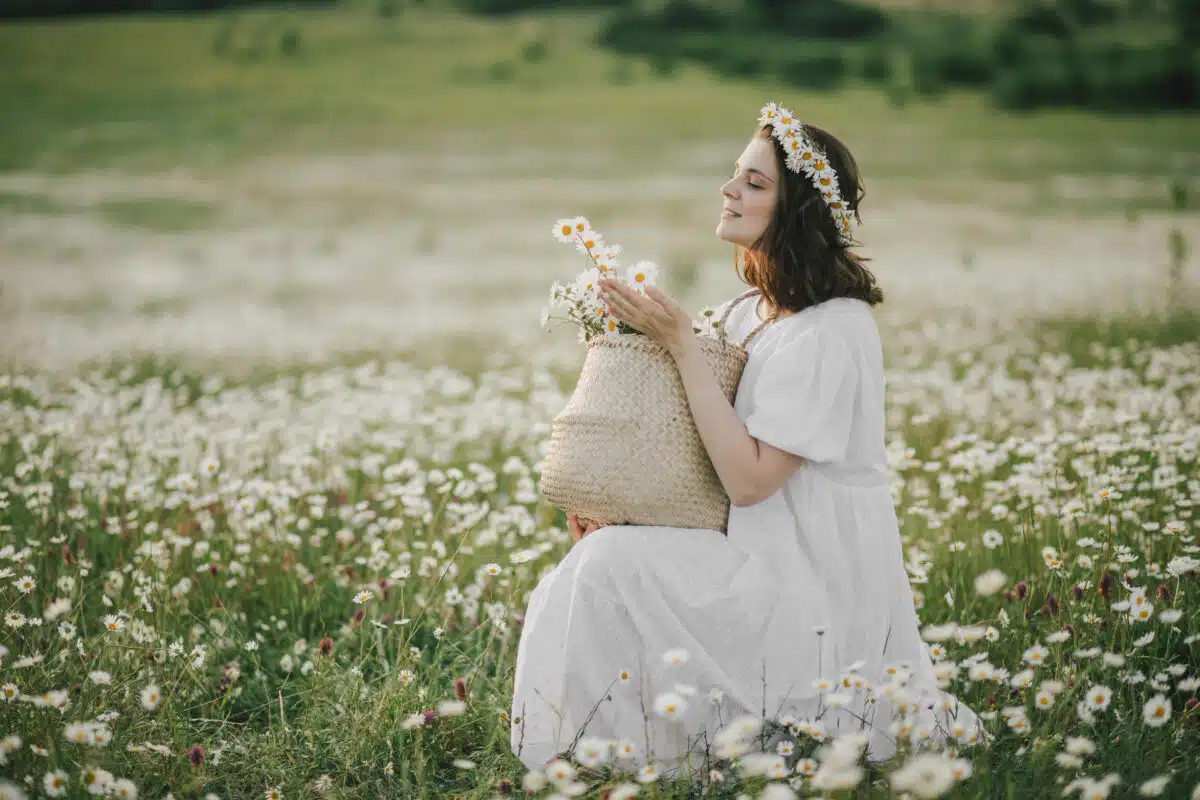
From “Grace” by William Anderson
Come, free-given grace! source of all lasting peace;
My care-worn heart has wanted thee full long;
The charms of earthly joys and pleasures cease,
And fain I’d stray thy tranquil paths among,
Where withered weeds and noxious odours strong
Come not, as here I find them rankly meet;
Give me thy pleasant ways and thy contentments sweet!
Contentments sweet are ever with thee still;
In the lone valley, where the streamlet flows,
On distant mountain, on the heath-clad hill,
Where springs the daisy, or where blooms the rose,
Even in the desert where no green thing grows;
‘Mid trials of this world, whate’er they be,
Still peace, and joy, and truth accompany with thee.
“Yonder Sunny Brae” by William Anderson
On yonder sunny brae we met,
Amid the summer flowers;
And never can my heart forget
The rapture of those hours,
When she I loved forsook her home
And there with me did stray,
Oh! oft delighted did we roam
On yonder sunny brae.
The gushing of the waterfall,
The sunshine of the sky,
The bloom, the balm, and, more than all,
The sparkle of her eye,
Brought to my heart a blissful tide
That drove all care away,
And I was happy at her side,
On yonder sunny brae.
‘Twas there I breathed my fondest vow,
Nor told my love in vain;
And I am happy with her now,
Though years have passed since then.
No sweeter scene my eyes shall see
Though far my steps should stray:
There’s not a spot so dear to me
As yonder sunny brae.
“The Joy of the Hills” by Edwin Markham
I ride on the mountain tops, I ride;
I have found my life and am satisfied.
Onward I ride in the blowing oats,
Checking the field-lark’s rippling notes—
Lightly I sweep
From steep to steep:
Over my head through the branches high
Come glimpses of a rushing sky;
The tall oats brush my horse’s flanks;
Wild poppies crowd on the sunny banks;
A bee booms out of the scented grass;
A jay laughs with me as I pass.
I ride on the hills, I forgive, I forget
Life’s board of regret—
All the terror and pain
Of the chafing chain.
Grind on, O cities, grind:
I leave you a blur behind.
I am lifted elate—the skies expand:
Here the world’s heaped gold is a pile of sand.
Let them weary and work in their narrow walls:
I ride with the voices of waterfalls!
I swing on as one in a dream—I swing
Down the airy hollows, I shout, I sing!
The world is gone like an empty word:
My body’s a bough in the wind, my heart a bird!
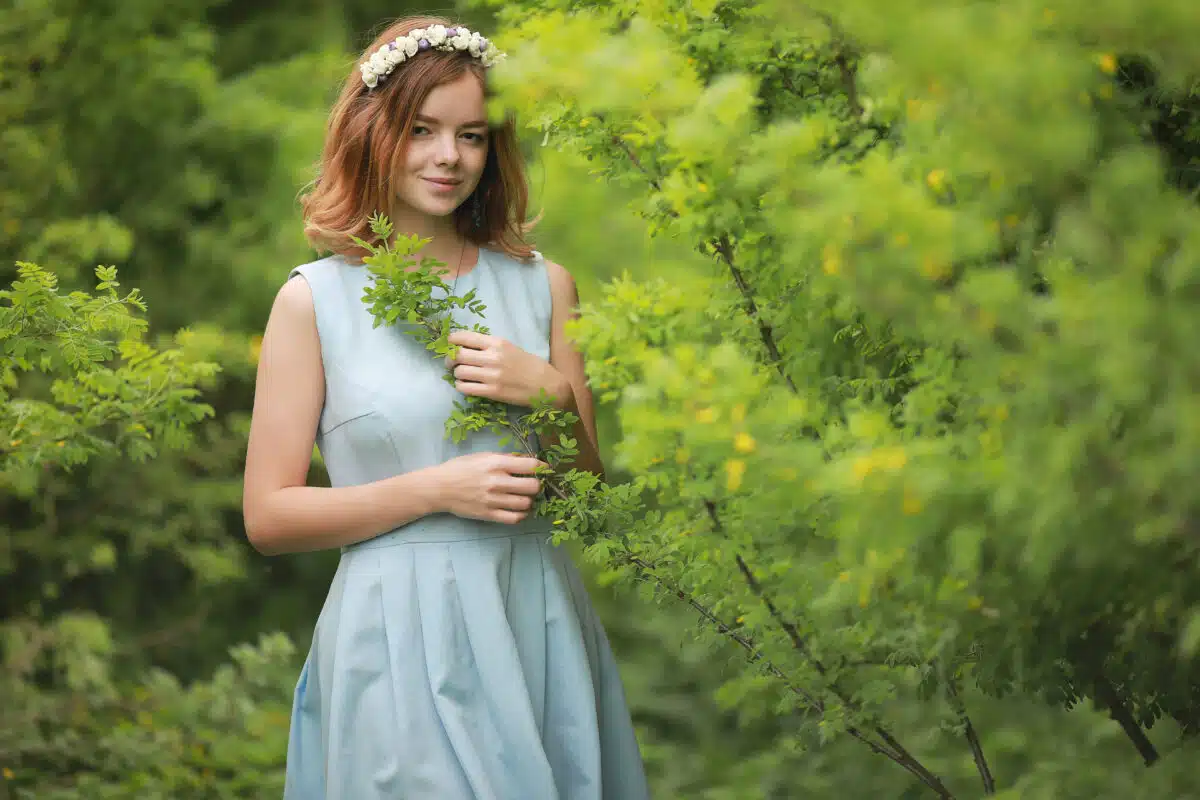
“Come, Bright-Eyed Contentment” by Thomas Newbigging
Come, bright-eyed Contentment,
Preside at our board;
Too much, happy spirit,
By mortals ignored;
The frame that lasts longest
The being most blest,
Is he who is cheerful,
And hopes for the best.
Away from our dwelling,
Dark Envy, begone!
Thy mission is misery
Pray let us alone!
All know thine abode
By the spirit unrest;
But we will be cheerful
And hope for the best.
“Spring” by Thomas Newbigging
And Spring is here, parent of happy days,
Season of song, and flowers, and sunny skies;
Oh how delightful ‘ tis to stand and gaze,
Through Hope’s clear telescope, on coming joys;
Fair are thy scenes, and dear thy flow’ry guise
To bright-eyed youth, yea, and to hoary age,
The old man takes his staff, and fieldward hies,
Awhile depressing sorrows cease to rage,
And Mem’ry wanders back to youth’s embroidered page.
High soars the lark, amid the dazzling sheen,
Show’ring a flood of song upon the ear;
The blackbird, ‘ neath a canopy of green,
Pours forth his lay oflove , so rich and clear;
The ever-varying thrush, too, warbles near;
The goldfinch, on the tree with blossoms crown’d,
Awakes rare melody. The wild flow’rs rear
Their graceful heads, and fragrance shed around;
The little streamlet flows, with merry gurgling sound.
Howbeautiful is nature ! Oh how sweet
The music of the grove : the flow’rs how fair!
Yet there are men who barter such a treat,
For the close tavern’s pestilential air;
There, wide-mouth’d Folly occupies the chair,
And blust’ring Ignorance is heard to vaunt;
The haggard eye of Misery is there,
While pale Disease, close elbows meagre Want,
And from the den resounds, the curse , the bitter taunt.
From “Haunts Of Boyhood” by Thomas Newbigging
Haunts of boyhood! I adore ye,
Scenes of happiness and joy;
Time, alas ! will not restore me
Back those years without alloy.
Haunts of boyhood! I revere ye,
Home of beauty, wild and free;
Passing years will more endear ye,
Closer knit each scene to me.
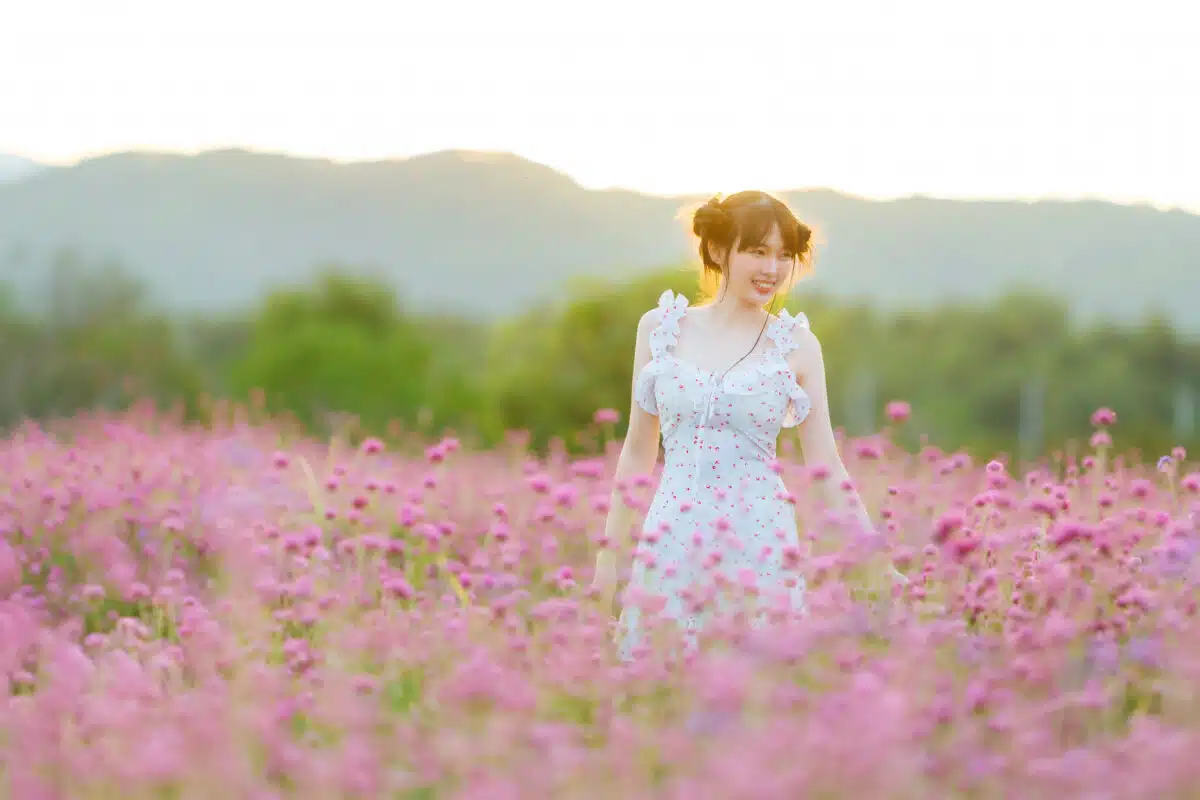
“In Spring, Santa Barbara” by Sara Teasdale
I have been happy two weeks together,
My love is coming home to me,
Gold and silver is the weather
And smooth as lapis is the sea.
The earth has turned its brown to green
After three nights of humming rain,
And in the valleys peck and preen
Linnets with a scarlet stain.
High in the mountains all alone
The wild swans whistle on the lakes,
But I have been as still as stone,
My heart sings only when it breaks.
“The Happy Warrior” by Violet Jacob
I have brought no store from the field now the day is ended,
The harvest moon is up and I bear no sheaves;
When the toilers carry the fruits hanging gold and splendid,
I have but leaves.
When the saints pass by in the pride of their stainless raiment,
Their brave hearts high with the joy of the gifts they bring,
I have saved no whit from the sum of my daily payment
For offering.
Not there is my place where the workman his toil delivers,
I scarce can see the ground where the hero stands,
I must wait as the one poor fool in that host of givers,
With empty hands.
There was no time lent to me that my skill might fashion
Some work of praise, some glory, some thing of light,
For the swarms of hell came on in their power and passion,
I could but fight.
I am maimed and spent, I am broken and trodden under,
With wheel and horseman the battle has swept me o’er,
And the long, vain warfare has riven my heart asunder,
I can no more.
But my soul is still; though the sundering door has hidden
The mirth and glitter, the sound of the lighted feast,
Though the guests go in and I stand in the night, unbidden,
The worst, the least.
My soul is still. I have gotten nor fame nor treasure,
Let all men spurn me, let devils and angels frown,
But the scars I bear are a guerdon of royal measure,
My stars – my crown.
From “Character Of The Happy Warrior” by William Wordsworth
Who is the happy Warrior? Who is he
That every man in arms should wish to be?
—It is the generous Spirit, who, when brought
Among the tasks of real life, hath wrought
Upon the plan that pleased his boyish thought:
Whose high endeavours are an inward light
That makes the path before him always bright;
Who, with a natural instinct to discern
What knowledge can perform, is diligent to learn;
Abides by this resolve, and stops not there,
But makes his moral being his prime care;
Who, doomed to go in company with Pain,
And Fear, and Bloodshed, miserable train!
Turns his necessity to glorious gain;
In face of these doth exercise a power
Which is our human nature’s highest dower:
Controls them and subdues, transmutes, bereaves
Of their bad influence, and their good receives:
By objects, which might force the soul to abate
Her feeling, rendered more compassionate;
Is placable—because occasions rise
So often that demand such sacrifice;
More skilful in self-knowledge, even more pure,
As tempted more; more able to endure,
As more exposed to suffering and distress;
Thence, also, more alive to tenderness.
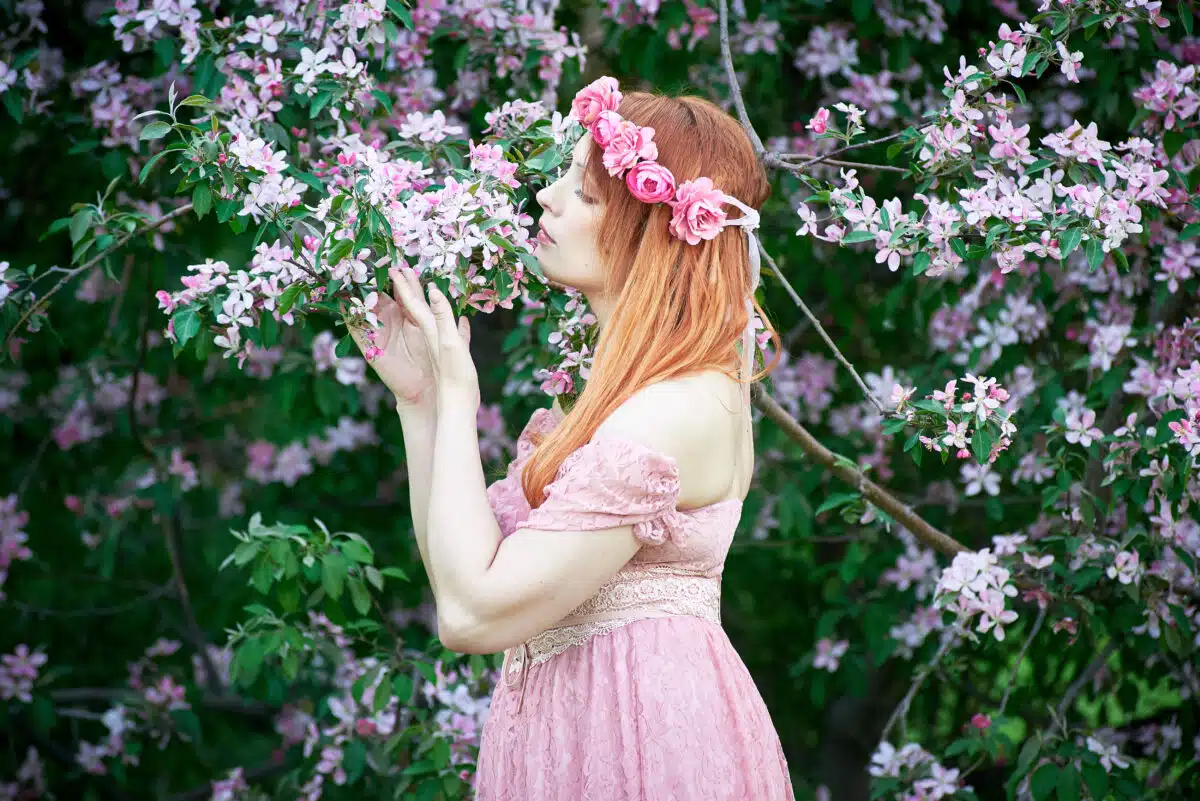
“Seeking for Happiness” by Ella Wheeler Wilcox
Seeking for happiness we must go slowly;
The road leads not down avenues of haste;
But often gently winds through by ways lowly,
Whose hidden pleasures are serene and chaste.
Seeking for happiness we must take heed
Of simple joys that are not found in speed.
Eager for noon-time’s large effulgent splendour,
Too oft we miss the beauty of the dawn,
Which tiptoes by us, evanescent, tender,
Its pure delights unrecognised till gone.
Seeking for happiness we needs must care
For all the little things that make life fair.
Dreaming of future pleasures and achievements
We must not let today starve at our door;
Nor wait till after losses and bereavements
Before we count the riches in our store.
Seeking for happiness we must prize this—
Not what will be, or was, but that which is.
In simple pathways hand in hand with duty
(With faith and love, too, ever at her side),
May happiness be met in all her beauty
The while we search for her both far and wide.
Seeking for happiness we find the way
Doing the things we ought to do each day.
“The Happy Isles Of Horace” by Eugene Field
Oh, come with me to the Happy Isles
In the golden haze off yonder,
Where the song of the sun-kissed breeze beguiles
And the ocean loves to wander.
Fragrant the vines that mantle those hills,
Proudly the fig rejoices,
Merrily dance the virgin rills,
Blending their myriad voices.
Our herds shall suffer no evil there,
But peacefully feed and rest them–
Never thereto shall prowling bear
Or serpent come to molest them.
Neither shall Eurus, wanton bold,
Nor feverish drought distress us,
But he that compasseth heat and cold
Shall temper them both to bless us.
There no vandal foot has trod,
And the pirate hordes that wander
Shall never profane the sacred sod
Of these beautiful isles out yonder.
Never a spell shall blight our vines
Nor Sirius blaze above us.
But you and I shall drink our wines
And sing to the loved that love us.
So come with me where fortune smiles
And the gods invite devotion–
Oh, come with me to the Happy Isles
In the haze of that far-off ocean!
“Happy, Happy It Is To Be” by Walter De La Mare
“Happy, happy it is to be”
Where the greenwood hangs o’er the dark blue sea;
To roam in the moonbeams clear and still
And dance with the elves
Over dale and hill;
To taste their cups, and with them roam
The field for dewdrops and honeycomb.
Climb then, and come, as quick as you can,
And dwell with the fairies, Elizabeth Ann!
“Never, never, comes tear or sorrow,
In the mansions old where the fairies dwell;
But only the harping of their sweet harp-strings,
And the lonesome stroke of a distant bell,
Where upon hills of thyme and heather,
The shepherd sits with his wandering sheep;
And the curlew wails, and the skylark hovers
Over the sand where the conies creep;
Climb then, and come, as quick as you can,
And dwell with the fairies, Elizabeth Ann!”
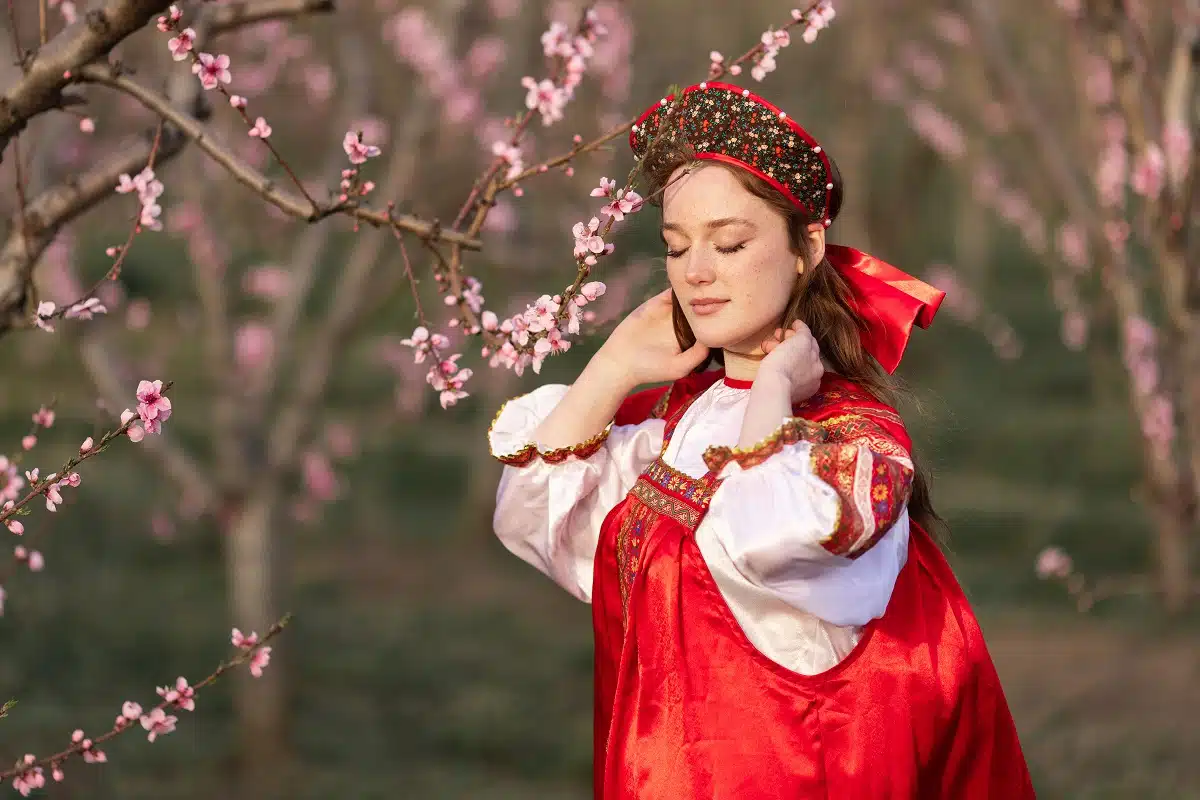
“Blessed are they that have not seen!” by Arthur Hugh Clough
O happy they whose hearts receive
The implanted word with faith; believe
Because their fathers did before,
Because they learnt, and ask no more
High triumphs of convictions wrought,
And won by individual thought.
The joy, delusive oft, but keen,
Of having with our own eyes seen,
What if they have not felt nor known?
An amplitude instead they own,
By no self-binding ordinance prest
To toil in labour they detest:
By no deceiving reasoning tied
Or this or that way to decide.
O happy they! above their head
The glory of the unseen is spread;
Their happy heart is free to range
Thro’ largest tracts of pleasant change;
Their intellects encradled lie
In boundless possibility.
For impulses of varying kinds
The Ancient Home a lodging finds
Each appetite our nature breeds,
It meets with viands for its needs.
O happy they! nor need they fear
The wordy strife that rages near:
All reason wastes by day, and more,
Will instinct in a night restore.
O happy, so their state but give
A clue by which a man can live;
O blest, unless ’tis proved by fact
A dream impossible to act.
Poems About Being Content and Happy
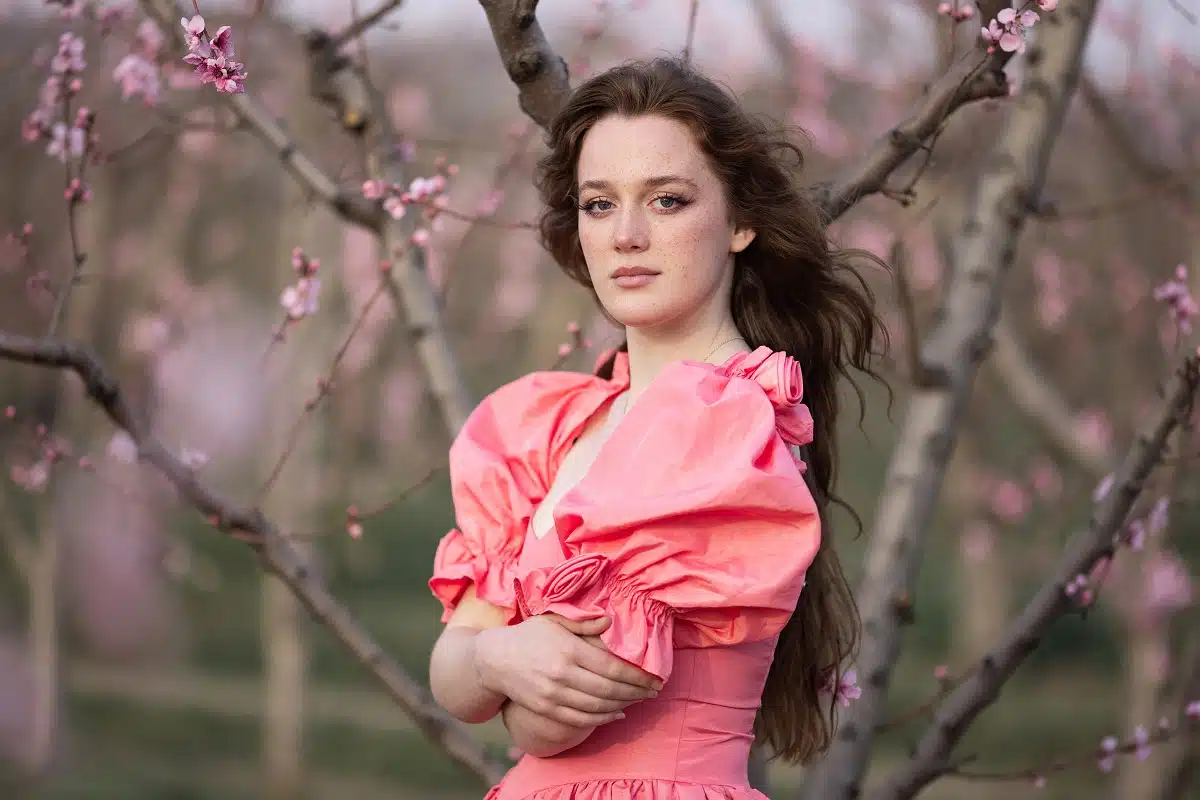
“Content” by Madison Julius Cawein
When I behold how some pursue
Fame, that is Care’s embodiment
Or fortune, whose false face looks true,
An humble home with sweet content
Is all I ask for me and you.
An humble home, where pigeons coo,
Whose path leads under breezy lines
Of frosty-berried cedars to
A gate, one mass of trumpet-vines,
Is all I ask for me and you.
A garden, which all summer through,
The roses old make redolent,
And morning-glories, gay of hue,
And tansy, with its homely scent,
Is all I ask for me and you.
An orchard, that the pippins strew,
From whose bruised gold the juices spring;
A vineyard, where the grapes hang blue,
Wine-big and ripe for vintaging,
Is all I ask for me and you.
A lane that leads to some far view
Of forest or of fallow-land,
Bloomed o’er with rose and meadow-rue,
Each with a bee in its hot hand,
Is all I ask for me and you.
At morn, a pathway deep with dew,
And birds to vary time and tune;
At eve, a sunset avenue,
And whippoorwills that haunt the moon,
Is all I ask for me and you.
Dear heart, with wants so small and few,
And faith, that’s better far than gold,
A lowly friend, a child or two,
To care for us when we are old,
Is all I ask for me and you.
“Content. A Quatrain.” by Madison Julius Cawein
Among the meadows of Life’s sad unease
In labor still renewing her soul’s youth
With trust, for patience, and with love, for peace,
Singing she goes with the calm face of Ruth.
“Content” by Thomas Gent
In some lone hamlet it were better far
To live unknown amid Contentment’s isle,
Than court the bauble of an air-blown star,
Or barter honour for a prince’s smile!
Hail! tranquil-brow’d Content, forth sylvan god,
Who lov’st to sit beside some cottage fire,
Where the brown presence of the blazing clod
Regales the aspect of the aged sire.
There, when the Winter’s children, bleak and cold,
Are through December’s gloomy regions led;
The church-yard tale of sheeted ghost is told,
While fix’d attention dares not turn its head.
Or if the tale of ghost, or pigmy sprite,
Is stripp’d by theme more cheerful of its power,
The song employs the early dim of night,
Till village-curfew counts a later hour.
And oft the welcome neighbour loves to stop,
To tell the market news, to laugh, and sing,
O’er the loved circling jug, whose old brown top
Is wet with kisses from the florid ring!
There, whilst the cricket chirps its chimney song,
Within some crumbling chink, with moss embrown’d,
The lighted stick diverts the infant throng,
And fans are waved, and ribbands twirl’d around.
Entwine for me the wreath of rural mirth,
And blast the murm’ring fiend, from chaos sent;
Then, while the house-dog snores upon the hearth,
I’ll sit, and hail thy sacred name, CONTENT!
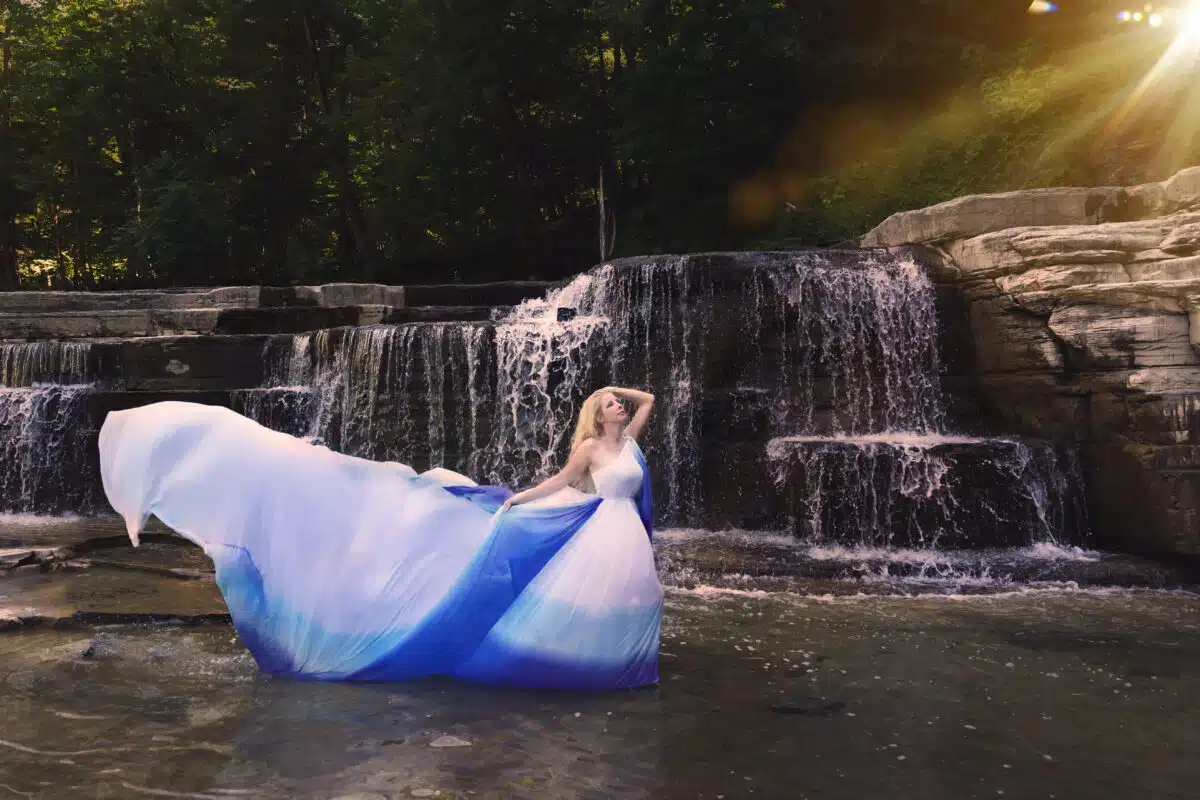
“The Contented Man” by Robert William Service
“How good God is to me,” he said;
“For have I not a mansion tall,
With trees and lawns of velvet tread,
And happy helpers at my call?
With beauty is my life abrim,
With tranquil hours and dreams apart;
You wonder that I yield to Him
That best of prayers, a grateful heart?”
“How good God is to me,” he said;
“For look! though gone is all my wealth,
How sweet it is to earn one’s bread
With brawny arms and brimming health.
Oh, now I know the joy of strife!
To sleep so sound, to wake so fit.
Ah yes, how glorious is life!
I thank Him for each day of it.”
“How good God is to me,” he said;
“Though health and wealth are gone, it’s true;
Things might be worse, I might be dead,
And here I’m living, laughing too.
Serene beneath the evening sky
I wait, and every man’s my friend;
God’s most contented man am I . . .
He keeps me smiling to the End.”
“Content” by Sophie M. Almon-Hensley
I have been wandering where the daisies grow,
Great fields of tall, white daisies, and I saw
Them bend reluctantly, and seem to draw
Away in pride when the fresh breeze would blow
From timothy and yellow buttercup,
So by their fearless beauty lifted up.
Yet must they bend at the strong breeze’s will,
Bright, flawless things, whether in wrath he sweep
Or, as oftimes, in mood caressing, creep
Over the meadows and adown the hill.
So Love in sport or truth, as Fates allow,
Blows over proud young hearts, and bids them bow.
So beautiful is it to live, so sweet
To hear the ripple of the bobolink,
To smell the clover blossoms white and pink,
To feel oneself far from the dusty street,
From dusty souls, from all the flare and fret
Of living, and the fever of regret.
I have grown younger; I can scarce believe
It is the same sad woman full of dreams
Of seven short weeks ago, for now it seems
I am a child again, and can deceive
My soul with daisies, plucking one by one
The petals dazzling in the noonday sun.
Almost with old-time eagerness I try
My fate, and say: “un peu,” a soft “beaucoup,”
Then, lower, “passionëment, pas du tout;”
Quick the white petals fall, and lovingly
I pluck the last, and drop with tender touch
The knowing daisy, for he loves me “much.”
I can remember how, in childish days,
I deemed that he who held my heart in thrall
Must love me “passionately” or “not at all.”
Poor little wilful ignorant heart that prays
It knows not what, and heedlessly demands
The best that life can give with out-stretched hands!
Now I am wiser, and have learned to prize
Peace above passion, and the summer life
Here with the flowers above the ceaseless strife
Of armed ambitions. They alone are wise
Who know the daisy-secrets, and can hold
Fast in their eager hands her heart of gold.
“Be Not Content” by Ella Wheeler Wilcox
Be not content – contentment means inaction;
The growing soul aches on its upward quest;
Satiety is twin to satisfaction;
All great achievements spring from life’s unrest.
The tiny roots, deep in the dark mould hiding,
Would never bless the earth with leaf and flower
Were not an inborn restlessness abiding
In seed and germ, to stir them with its power.
Were man contented with his lot forever,
He had not sought strange seas with sails unfurled,
And the vast wonder of our shores had never
Dawned on the gaze of an admiring world.
Prize what is yours, but be not quite contented.
There is a healthful restlessness of soul
By which a mighty purpose is augmented
In urging men to reach a higher goal.
So when the restless impulse rises, driving
Your calm content before it, do not grieve;
It is the upward reaching of the spirit
Of the God in you to achieve – achieve.
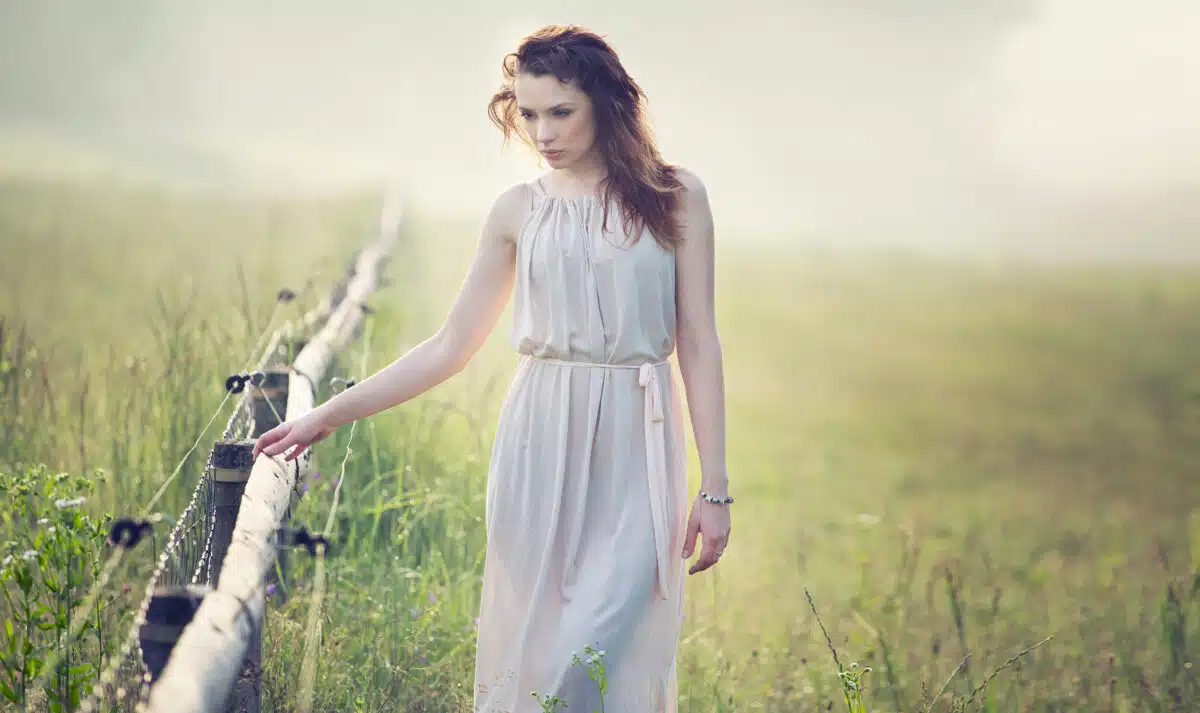
“Solitude” by Alexander Pope
Happy the man, whose wish and care
A few paternal acres bound,
Content to breathe his native air
In his own ground.
Whose herds with milk, whose fields with bread,
Whose flocks supply him with attire;
Whose trees in summer yield him shade,
In winter fire.
Blest, who can unconcern’dly find
Hours, days, and years slide soft away
In health of body, peace of mind,
Quiet by day,
Sound sleep by night; study and ease
Together mixt, sweet recreation,
And innocence, which most does please
With meditation.
Thus let me live, unseen, unknown;
Thus unlamented let me die;
Steal from the world, and not a stone
Tell where I lie.
From “Good-Bye” by Katharine Forrest Hamill
He
And you’ll let it bind you, that promise,
To a man who does not care;
Whose int’rest is the thoroughly selfish,
In whose secrets—you do not share,
Listen, dear, the priv’lege of Mortals,—
To get what we can out of life.
Free yourself from the bond that is irksome
And find happiness, as my wife.
“Song” by Florence Earle Coates
For me the jasmine buds unfold
And silver daisies star the lea,
The crocus hoards the sunset gold,
And the wild rose breathes for me.
I feel the sap through the bough returning,
I share the skylark’s transport fine,
I know the fountain’s wayward yearning,
I love, and the world is mine!
I love, and thoughts that sometime grieved,
Still well remembered, grieve not me;
From all that darkened and deceived
Upsoars my spirit free.
For soft the hours repeat one story,
Sings the sea one strain divine;
My clouds arise all flushed with glory—
I love, and the world is mine!

“Poverty And Riches” by Robert Herrick
Who, with a little, cannot be content
Endures an everlasting punishment.
From “The Joy of Being Poor” by Robert William Service
I
Let others sing of gold and gear, the joy of being rich;
But oh, the days when I was poor, a vagrant in a ditch!
When every dawn was like a gem, so radiant and rare,
And I had but a single coat, and not a single care;
When I would feast right royally on bacon, bread and beer,
And dig into a stack of hay and doze like any peer;
When I would wash beside a brook my solitary shirt,
And though it dried upon my back I never took a hurt;
When I went romping down the road contemptuous of care,
And slapped Adventure on the back —by Gad! we were a pair;
When, though my pockets lacked a coin, and though my coat was old,
The largess of the stars was mine, and all the sunset gold;
When time was only made for fools, and free as air was I,
And hard I hit and hard I lived beneath the open sky;
When all the roads were one to me, and each had its allure . . .
Ye Gods! these were the happy days, the days when I was poor.
“The Joy Of Little Things” by Robert William Service
It’s good the great green earth to roam,
Where sights of awe the soul inspire;
But oh, it’s best, the coming home,
The crackle of one’s own hearth-fire!
You’ve hob-nobbed with the solemn Past;
You’ve seen the pageantry of kings;
Yet oh, how sweet to gain at last
The peace and rest of Little Things!
Perhaps you’re counted with the Great;
You strain and strive with mighty men;
Your hand is on the helm of State;
Colossus-like you stride . . . and then
There comes a pause, a shining hour,
A dog that leaps, a hand that clings:
O Titan, turn from pomp and power;
Give all your heart to Little Things.
Go couch you childwise in the grass,
Believing it’s some jungle strange,
Where mighty monsters peer and pass,
Where beetles roam and spiders range.
‘Mid gloom and gleam of leaf and blade,
What dragons rasp their painted wings!
O magic world of shine and shade!
O beauty land of Little Things!
I sometimes wonder, after all,
Amid this tangled web of fate,
If what is great may not be small,
And what is small may not be great.
So wondering I go my way,
Yet in my heart contentment sings . . .
O may I ever see, I pray,
God’s grace and love in Little Things.
So give to me, I only beg,
A little roof to call my own,
A little cider in the keg,
A little meat upon the bone;
A little garden by the sea,
A little boat that dips and swings . . .
Take wealth, take fame, but leave to me,
O Lord of Life, just Little Things.
